Researches
One of my many research projects is to examine if Mertensia plants with different floral orientation are influenced by rain differently, and one measure of this effect is the number of nutlets (seeds) each plant produce. To test this, I constructed and placed a rain shelter over a plot with several Mertensia plants, manipulated floral orientation (upward or pendant) of haphazardly chosen plants, supplemented pollen to these plants, and waited until the end of the flowering season to collect the nutlets.
Another project is to see if water can enter the floral tube of Mertensia plants. Here is a Mertensia brevistyla flower with water filled to the top. And you can sort of make out the horizontal slit I cut into the floral tube, which allows me to insert a microcapillary tube extracting any water that enter inside.
One project I am currently working on is at the contact zone between M. fusiformis and M. brevistyla. The field at the bottom of the image (separated by the road) is where M. fusiformis are located; in the middle is where both species co-occur (with putative hybrids); and the hill towards the right side of the image is where M. brevistyla are found. It is a very interesting system/location to work on/at.
M. brevistyla flowers with stamens and style hidden inside the floral tube.
Close-up of a M. brevistyla flower.
Another M. fusiformis with a pendant floral orientation.
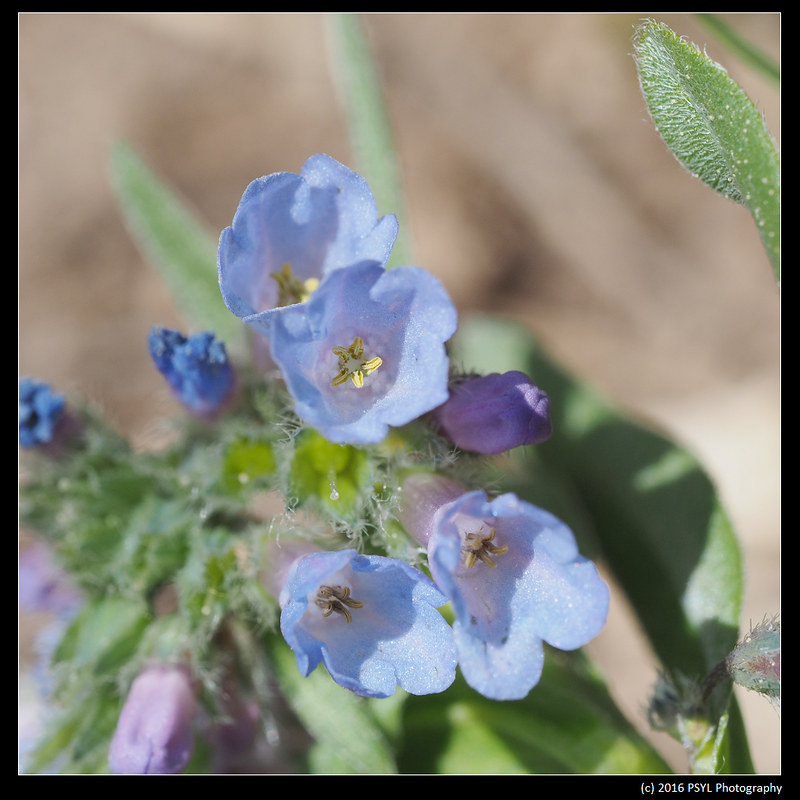
Inside M. fusiformis flowers where the stamens (and sometimes the style) extend beyond the floral tube.
Another M. fusiformis with a pendant floral orientation.

Inside M. fusiformis flowers where the stamens (and sometimes the style) extend beyond the floral tube.
M. brevistyla
M. brevistyla
M. brevistyla
One day while conducting pollinator observation on M. fusiformis, I saw this Hemaris thetis visiting many plants. I saw the same type of pollinator last year, but I got much closer and better photos this time.
One project I am also working on is measuring and comparing morphological traits of several Mertensia species. From June 21st to 23rd, I traveled to Boulder and visited M. clokeyi, M. brachyloba, and M. longipedunculata.
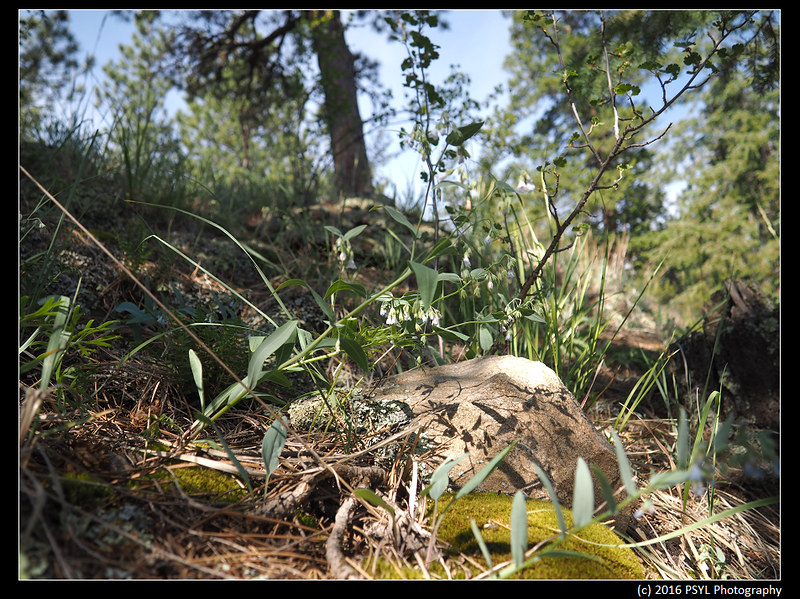
M. brachyloba growing on a very dry habitat.
The flowers are much lighter in colour.
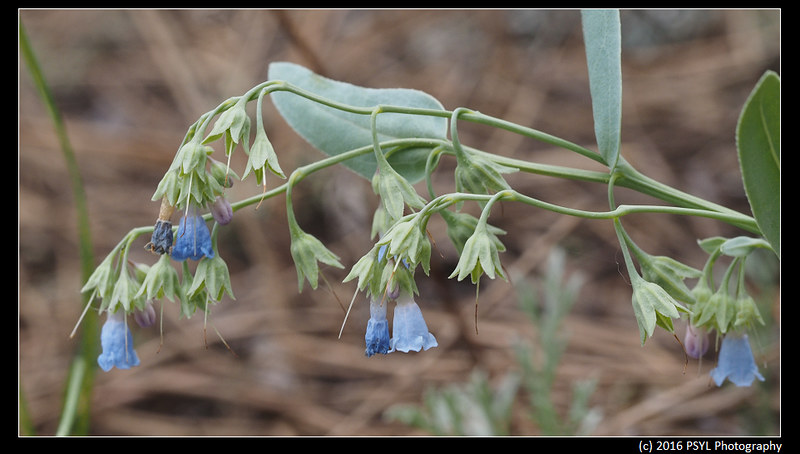
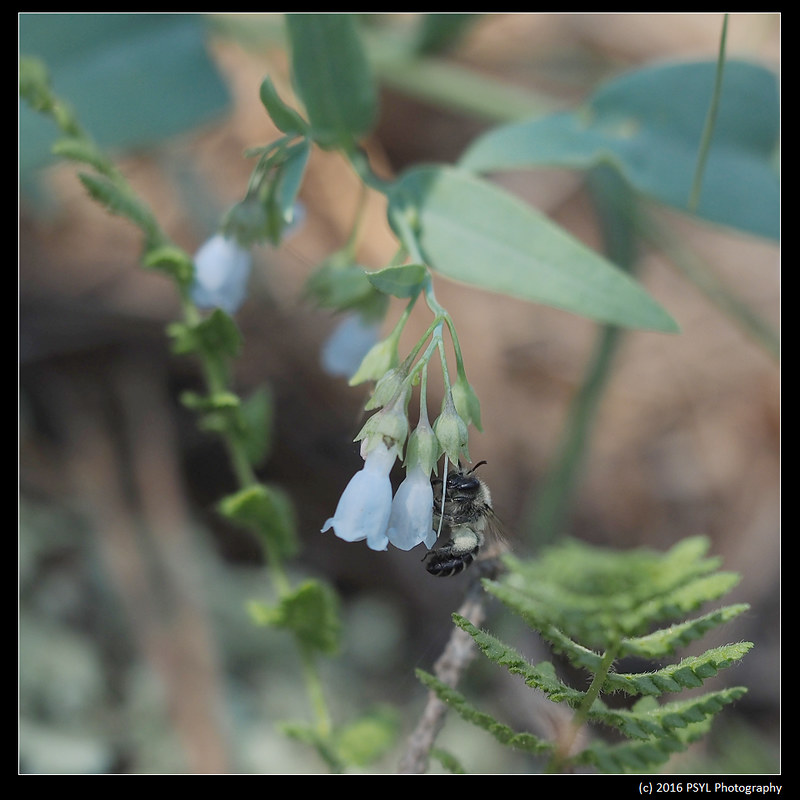
While measuring the flowers, a bee (a Colletes, I think) started to rob the nectar right in front of me.
Plants and insects
My friend is doing a flight cage experiment with Osmia iridis. Here is one of the adorable, marked females.
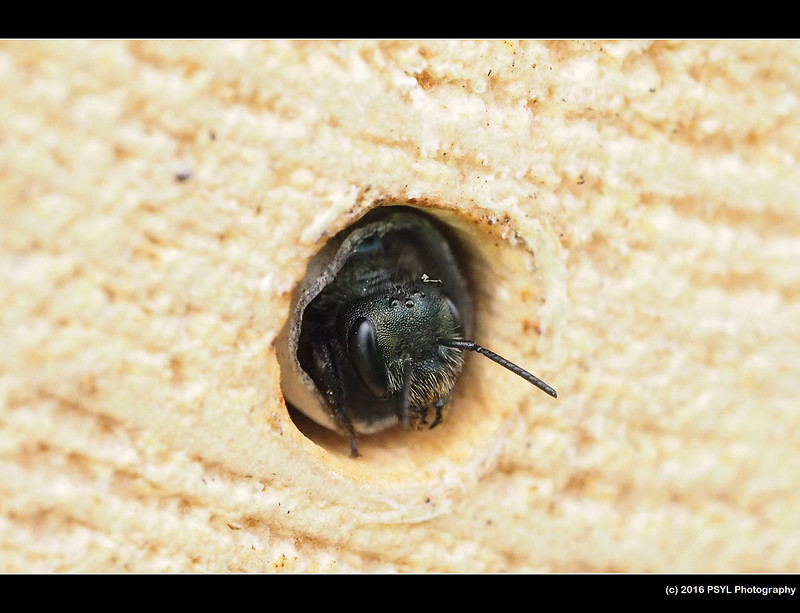

Female peeking out of a nesting straw.
Bombus sp.
Erythronium grandiflorum at Kebler Pass.
Bombus sp. visiting E. grandiflorum.
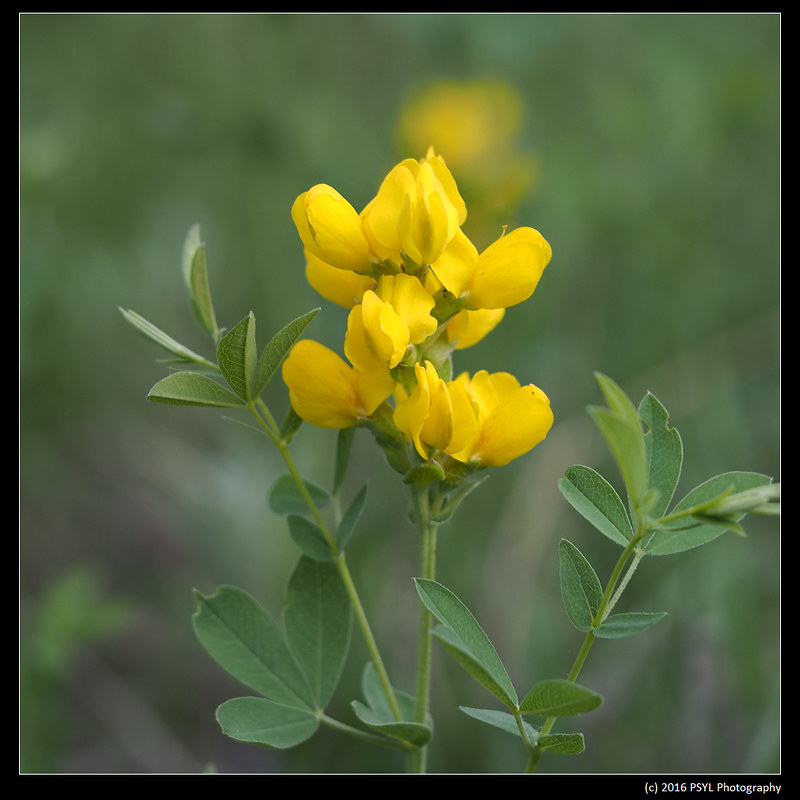
Golden banner flowers (Thermopsis sp.)
While visiting other Mertensia species, I noted other co-flowering species. At the M. clokeyi site, I saw the following species:

Golden banner flowers (Thermopsis sp.)
Near the site, there was a spot next to the creek attracting many species of butterflies.
Anise Swallowtail (Papilio zelicaon)
Unknown butterfly (Family Nymphalidae)
At the M. brachyloba site, while measuring plants, I noticed this spider protecting a folded-over Mertensia leaf.
Unknown spider on M. brachyloba
Here are the co-flowering species near M. brachyloba:
Spotted saxifrage (Saxifraga bronchialis)
Sunflower (Helianthella sp.)
Miner's candle (Cryptantha virgata)
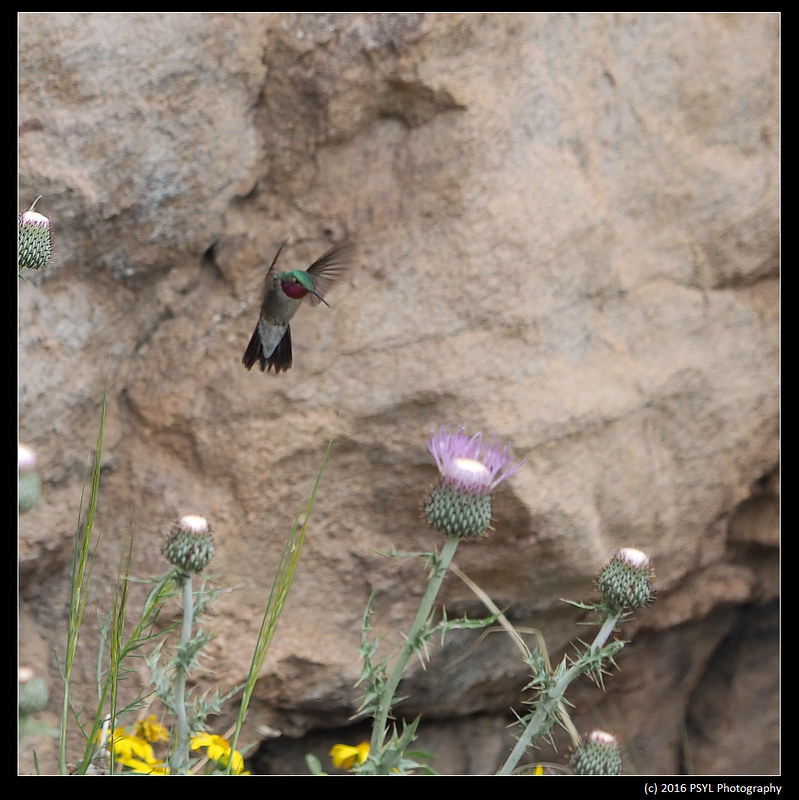
A Broad-tailed Hummingbird (Selasphorus platycercus) flying towards a thistle.
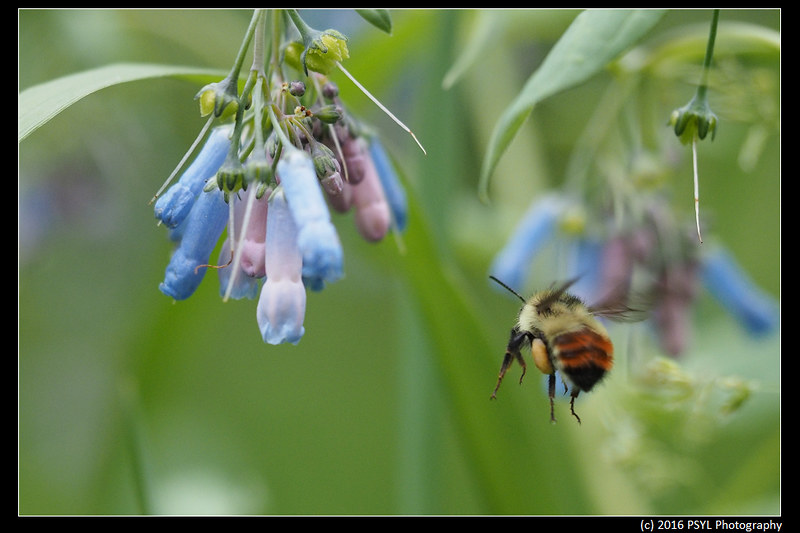
Bombus centralis visiting M. longipedunculata.
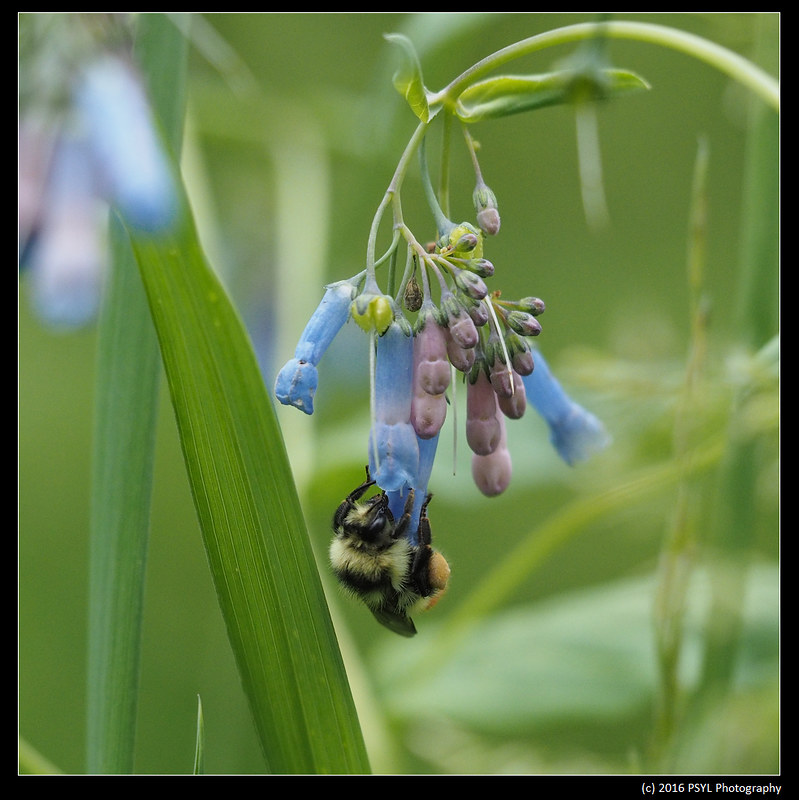

A Broad-tailed Hummingbird (Selasphorus platycercus) flying towards a thistle.

Bombus centralis visiting M. longipedunculata.

Pale Swallowtail (Papilio eurymedon) on M. longipedunculata
The other day at Kebler Pass, I saw this Bombus appositus on the ground and not moving a lot. I put a dandelion next to it in case it needed some nectar for energy.
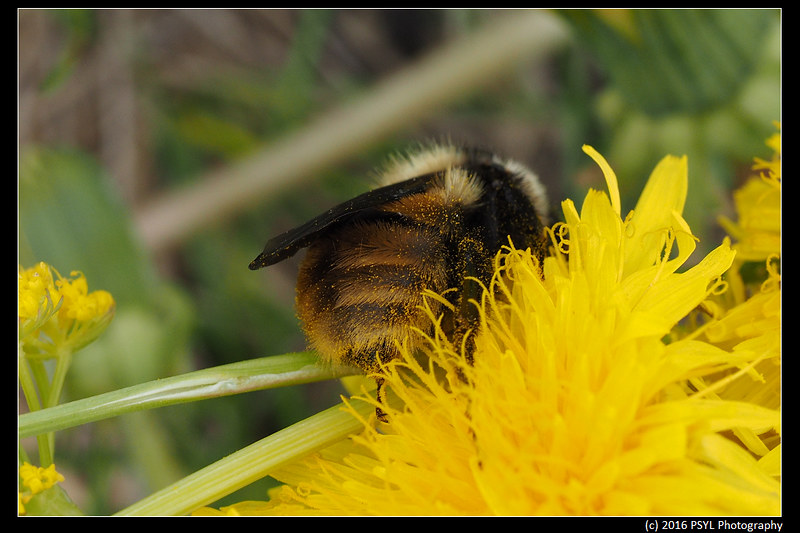
Bee bum.
The bumblebee drank nectar from the flower, but it did not appreciate me getting close for photographs.
What a beautiful bumblebee.
Nearby, an unknown bee-mimicking fly landed on a dandelion.
M. ciliata growing at Kebler Pass.
Birds
I have not been doing bird-watching as regularly as I would have liked, but here are some of the birds that I have seen.
A beautiful Red-tailed Hawk (Buteo jamaicensis).
Taking off!
I encountered this particular Broad-tailed Hummingbird (Selasphorus platycercus) many times while working around my rain shelter plots.
Gray Jay (Perisoreus canadensis) at Kebler Pass.
Wilson's Warbler (Cardellina pusilla) at Kebler Pass.
A few rainy days ago, while driving back into Gothic, my friend noticed this grouse sitting by the road. My friend used my camera to take a picture of it. I think it is a female Dusky Grouse (Dendragapus obscurus).
Other animals and things
On the drive to Kebler Pass, I frequently encounter this Yellow-bellied Marmot (Marmota flaviventris) sitting on top of a ski-doo. Here is my friend trying to get a photo of the marmot and its lookout point.
What an interesting sight!
A few days ago, a graduate student showed us the work that she is doing with Tiger salamanders (Ambystoma tigrinum nebulosum) and the infectious amphibian chytrid fungus.
A salamander larvae.
A very young salamander.
My friend found this tiny baby Western terrestrial garter snake (Thamnophis elegans) outside her flight cages the other day.
Two days ago, my friend and I took a day-off to climb Gothic Mountain. The last time I climbed this mountain was almost two years ago.
North-facing bowl of Gothic Mountain with two false summits at the right side of the photo.
At the top!
Panoramic view from the top. To see the larger image, click here.
It is quite surprising to see organisms thriving at the top of the mountain. For example, we saw this beautiful Chalcedon Checkerspot (Euphydryas chalcedona).
And beautiful wildflowers such as Fleabane (Erigeron sp.).
And alpine sunflowers (Hymenoxys grandiflora).
I have twenty days left in Colorado before my field season concludes. Feeling nostalgic already.
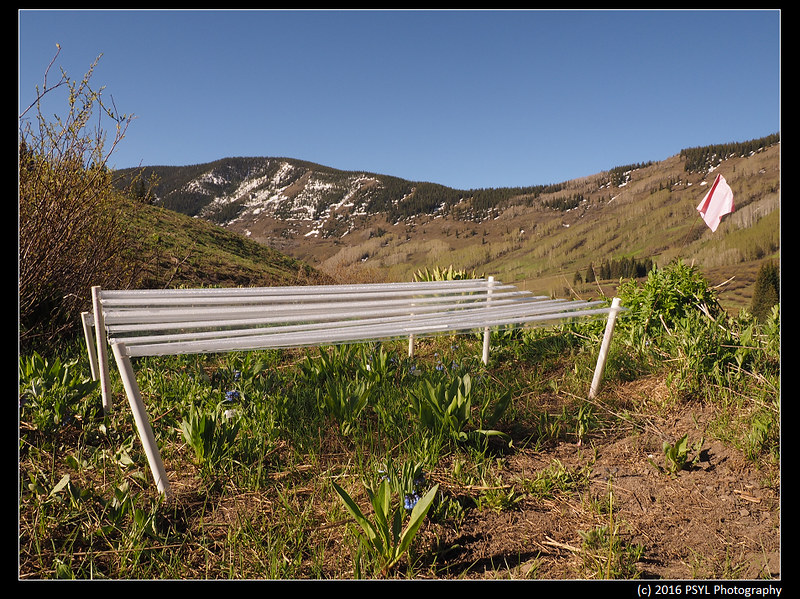
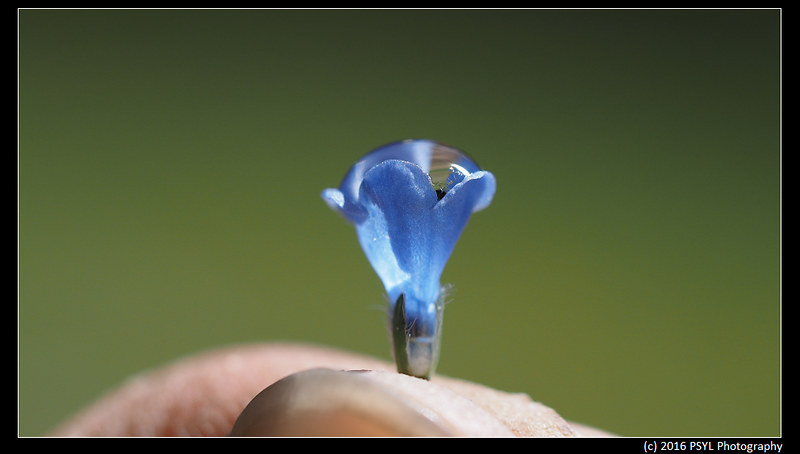
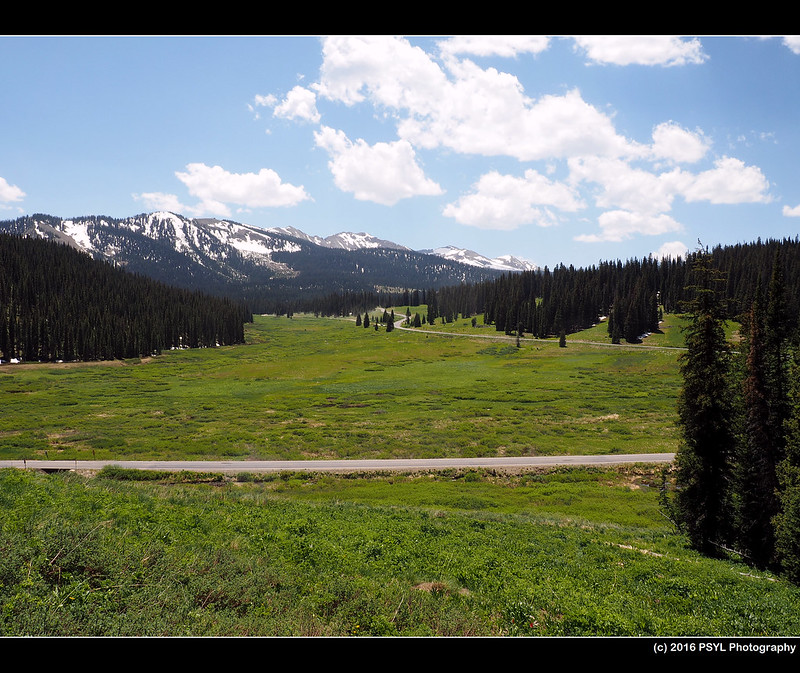
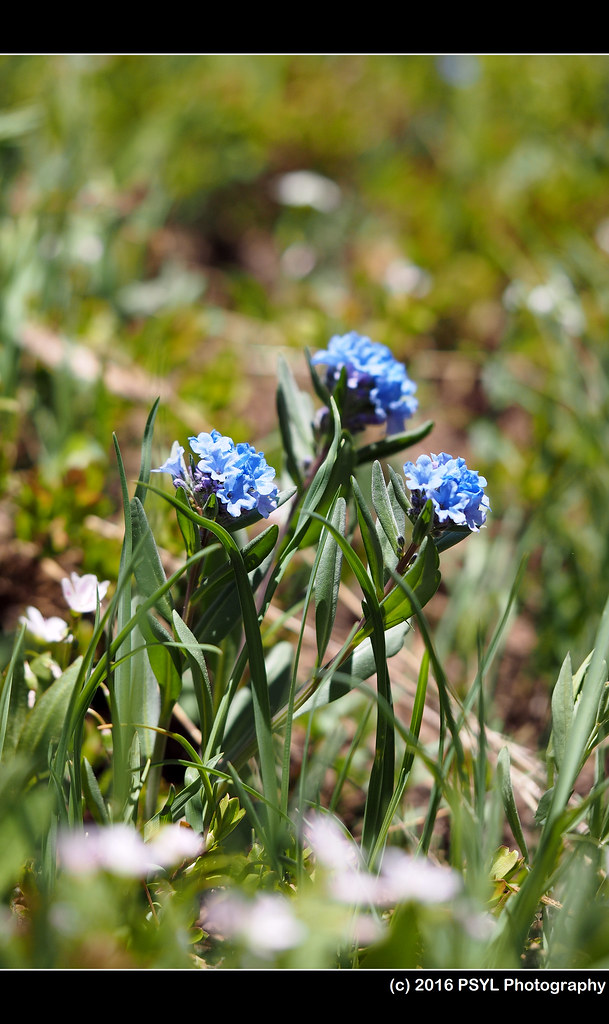
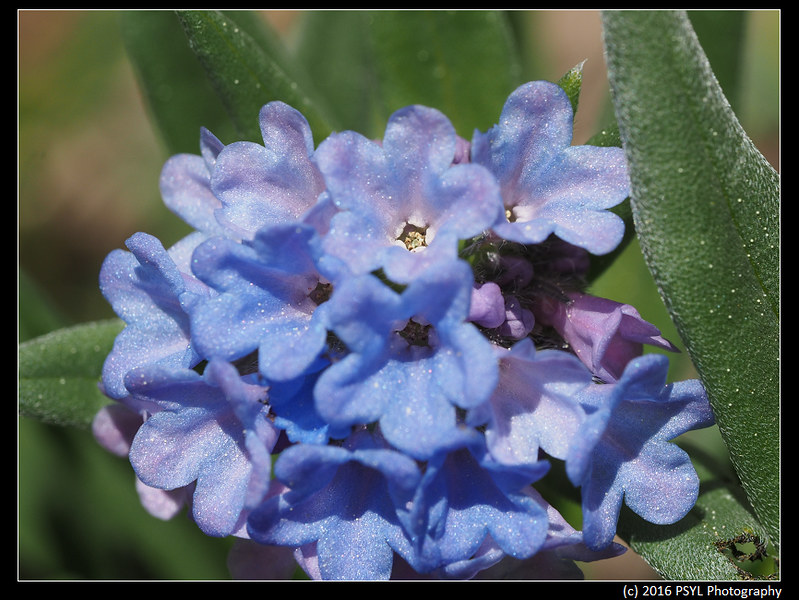
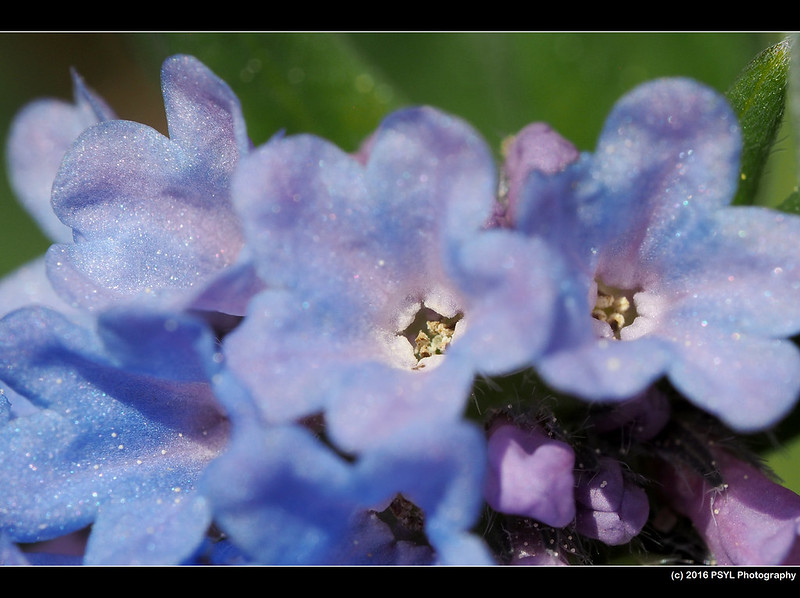
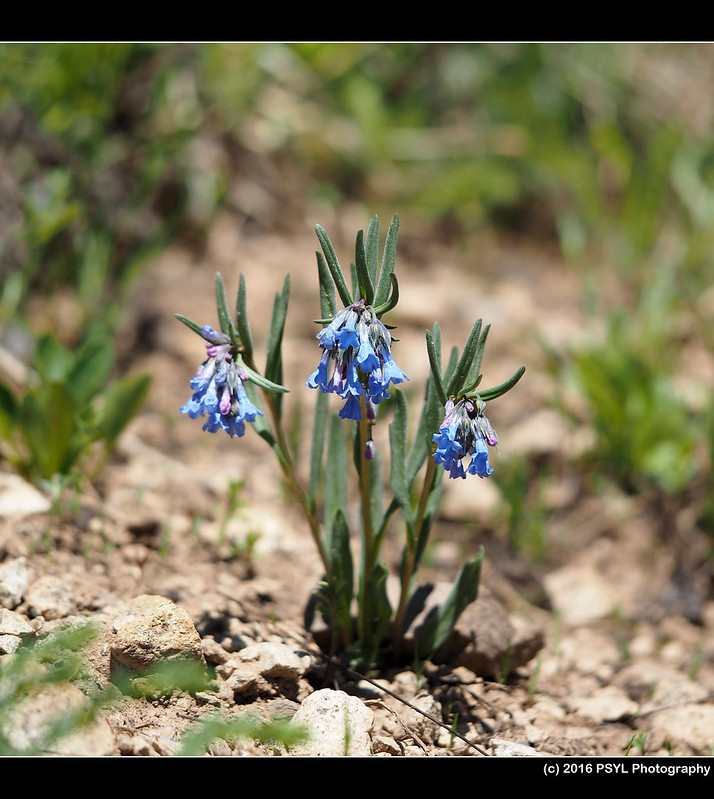
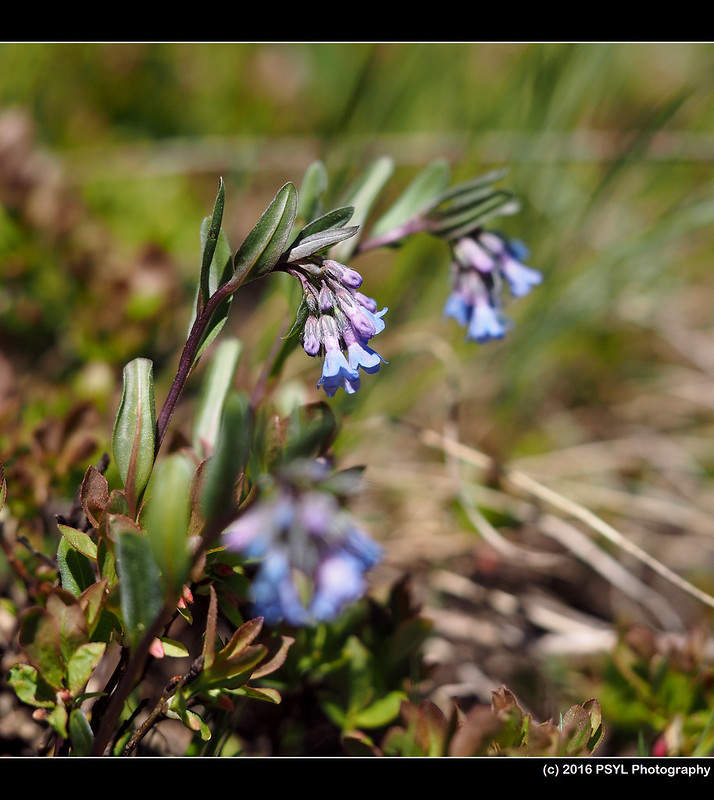
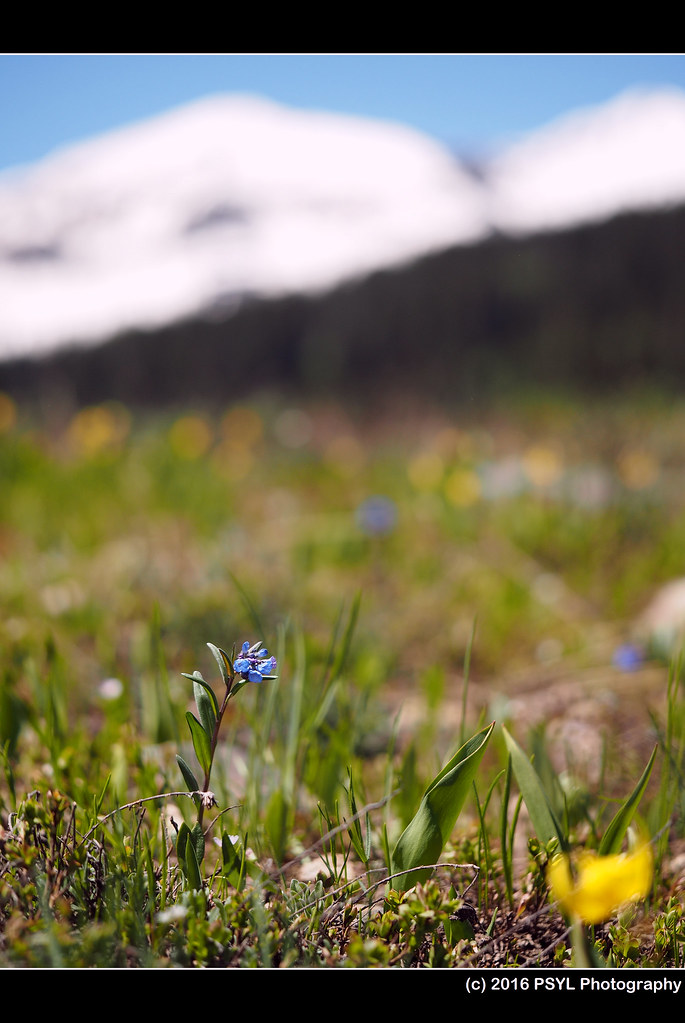
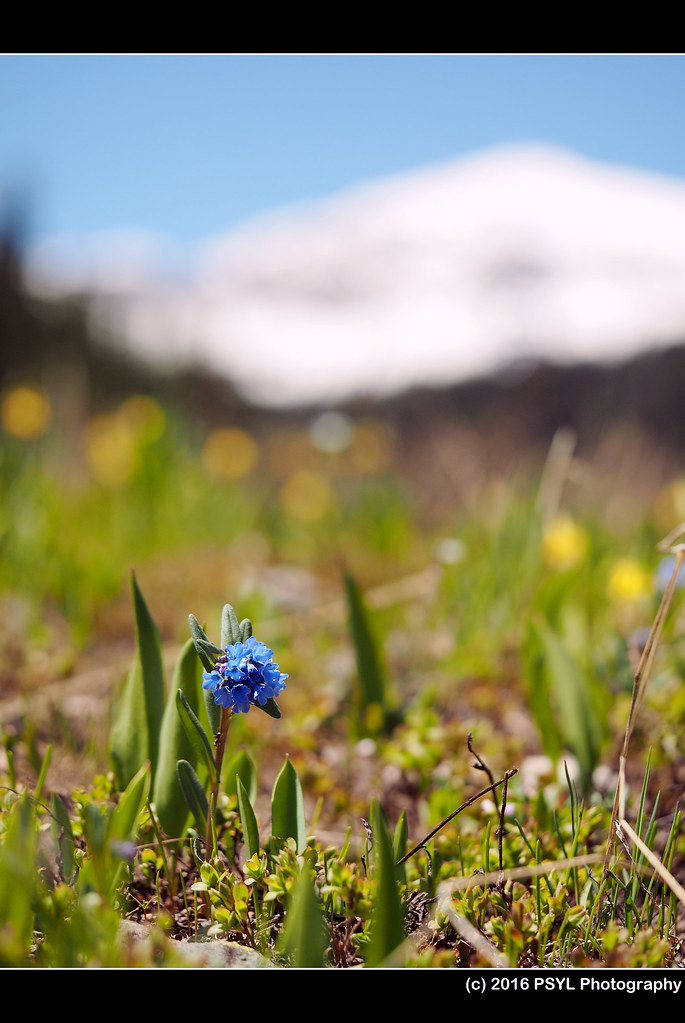
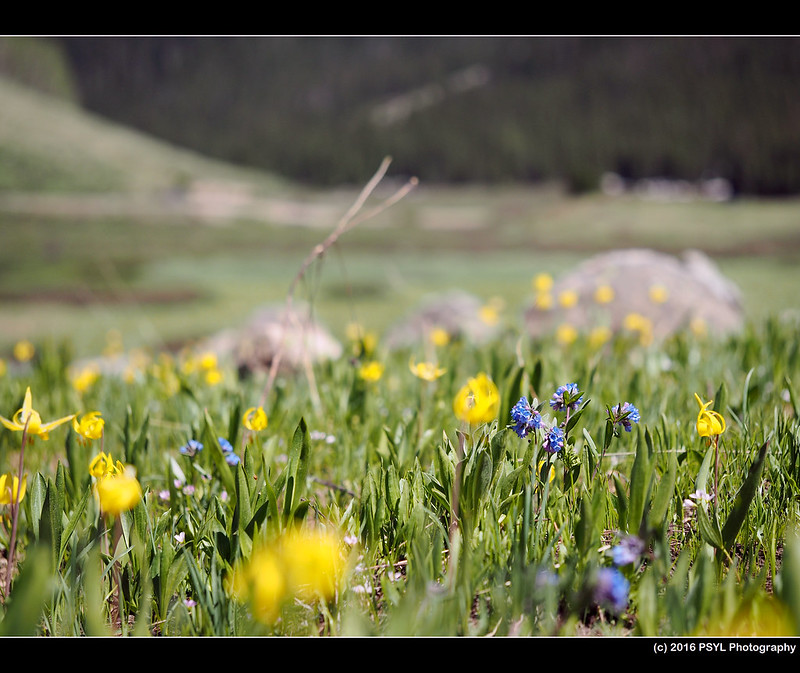
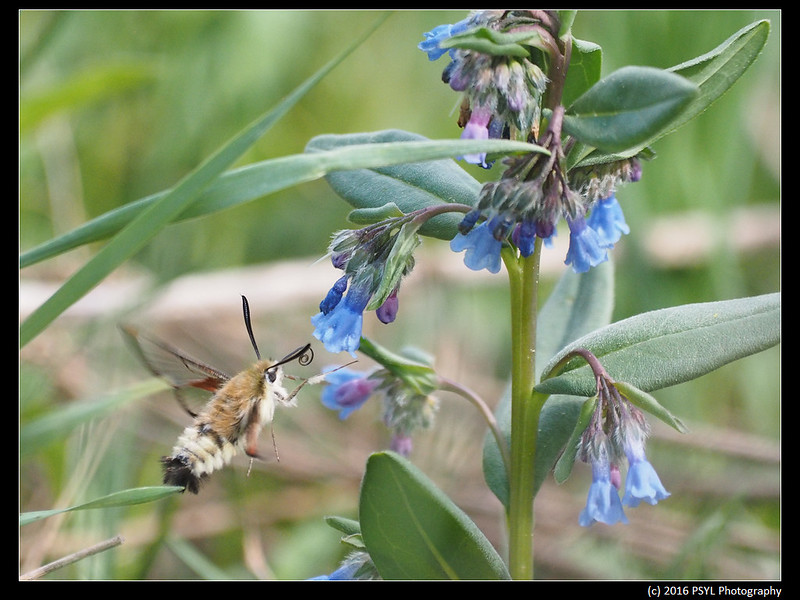
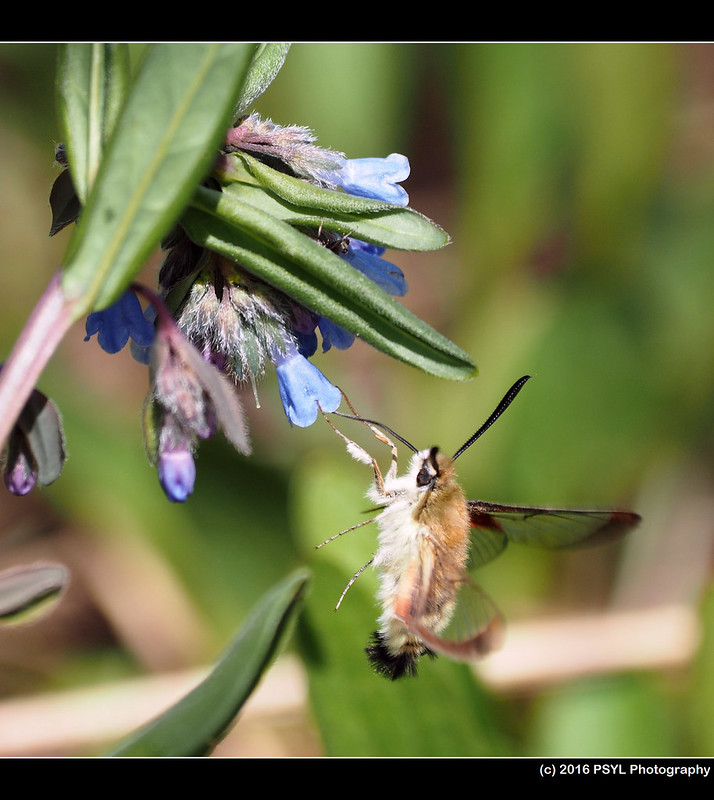
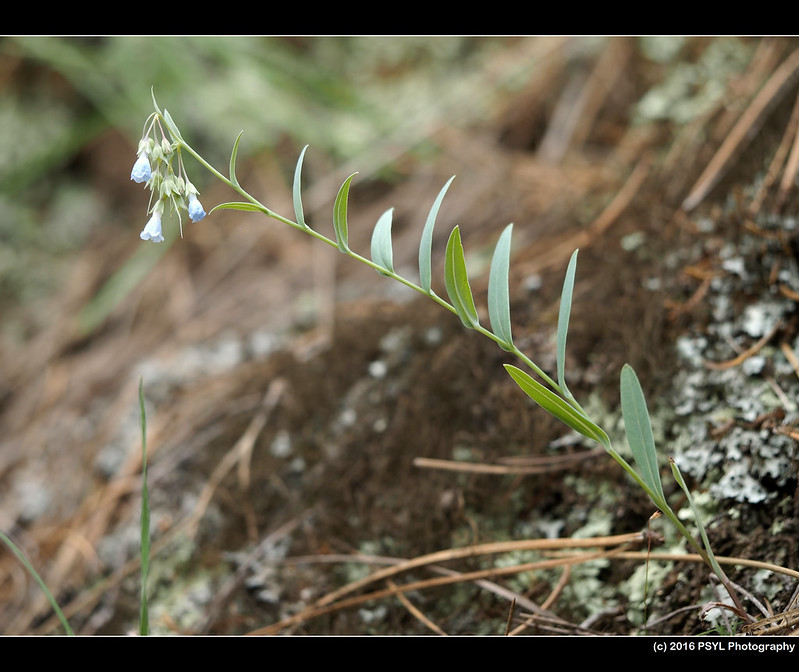
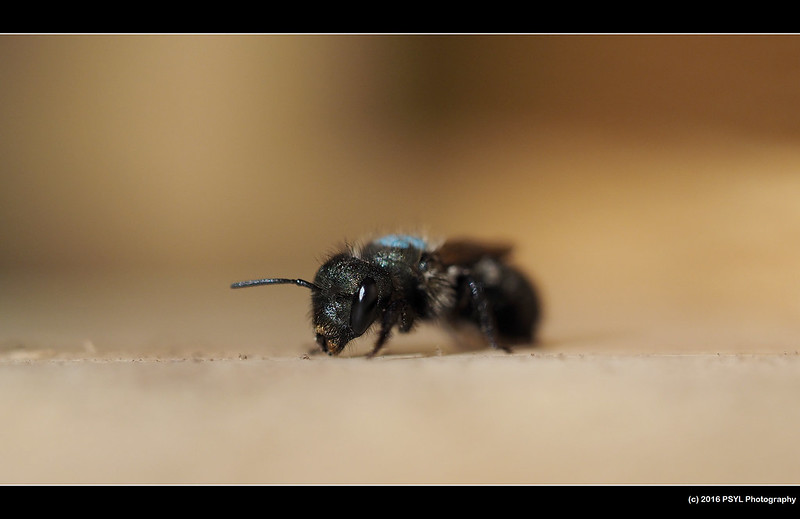
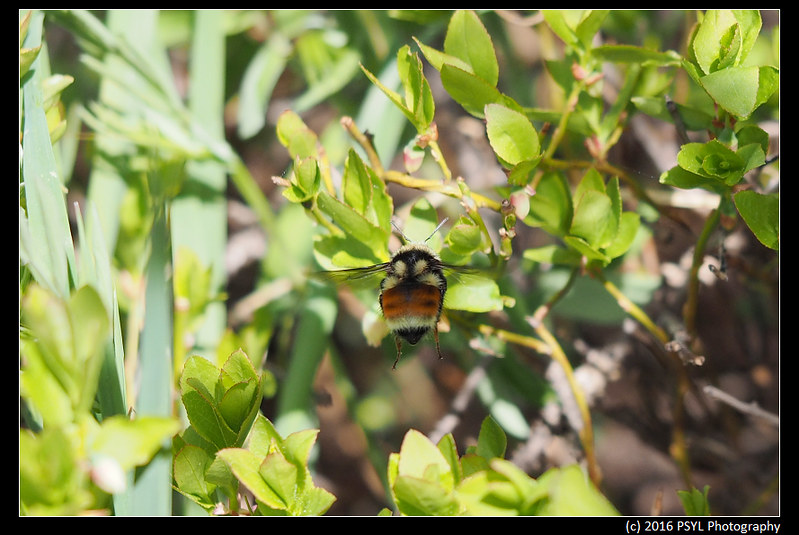
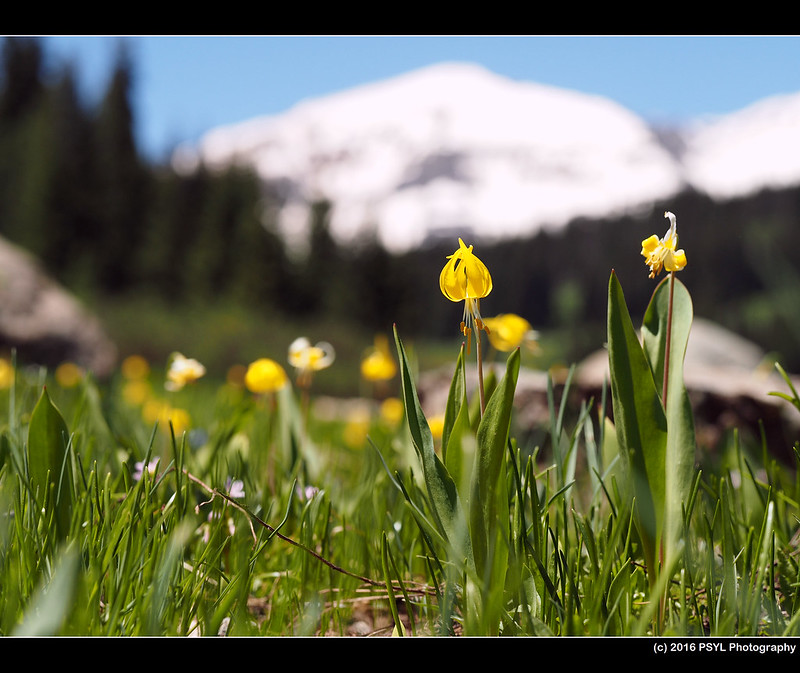
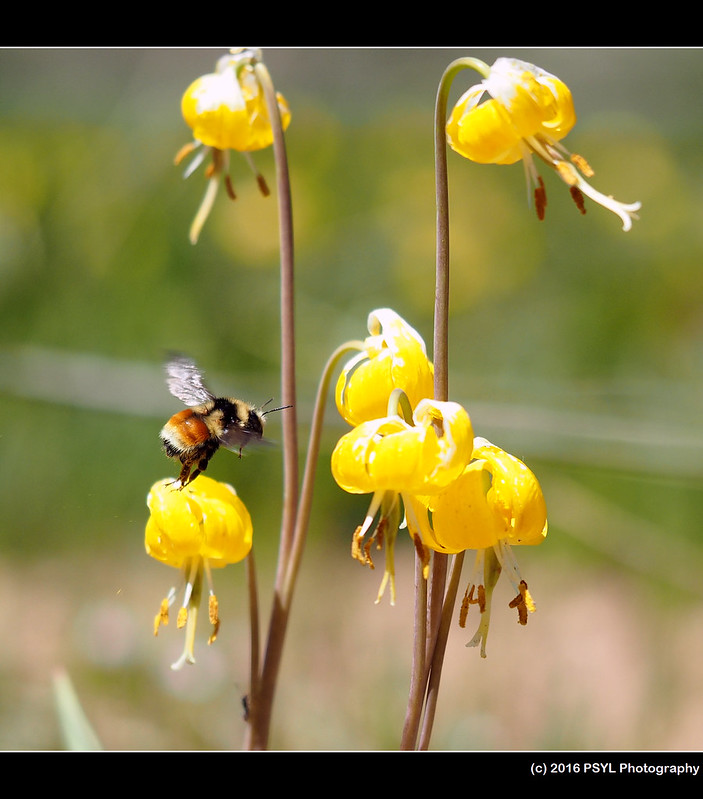
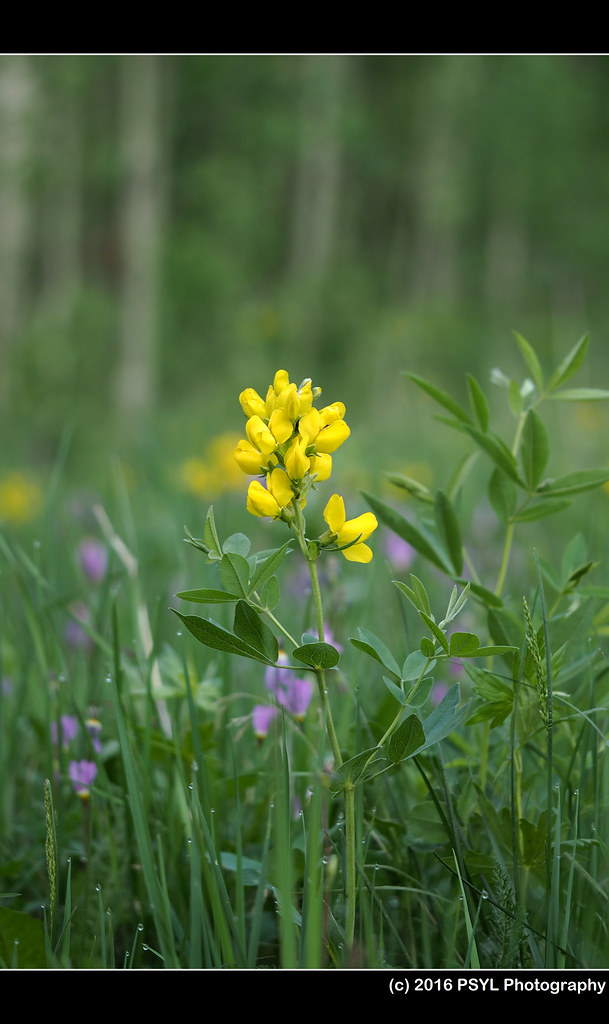
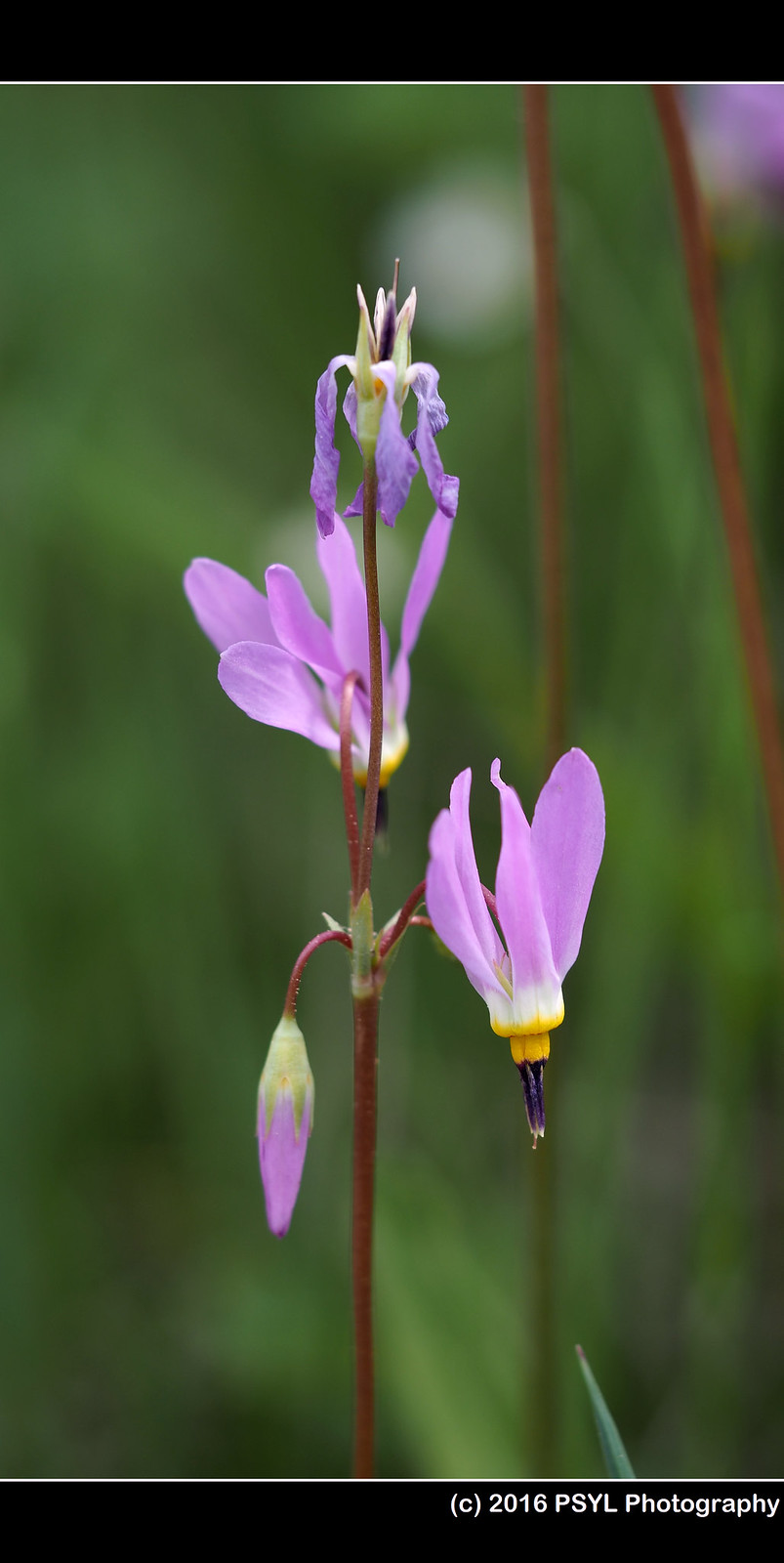
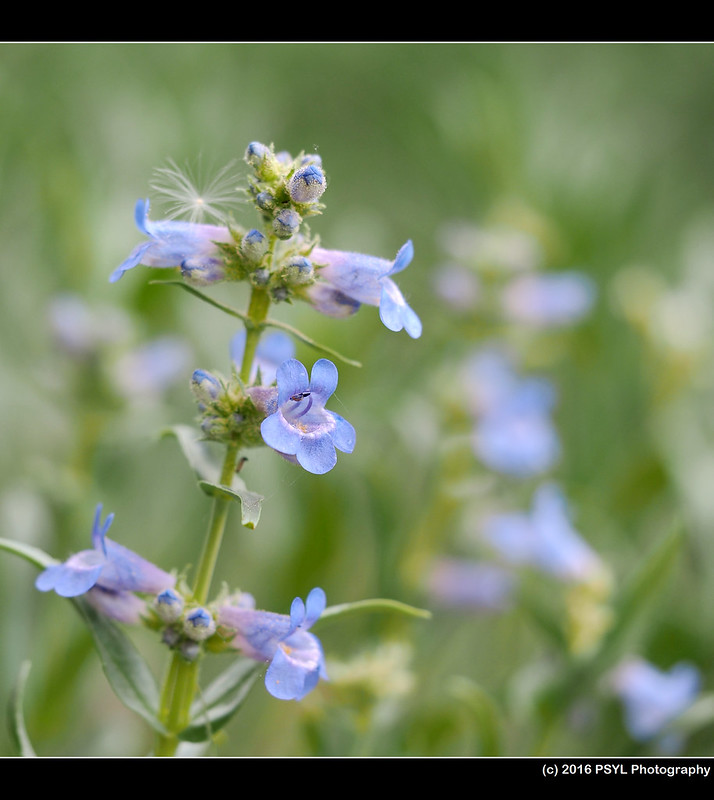
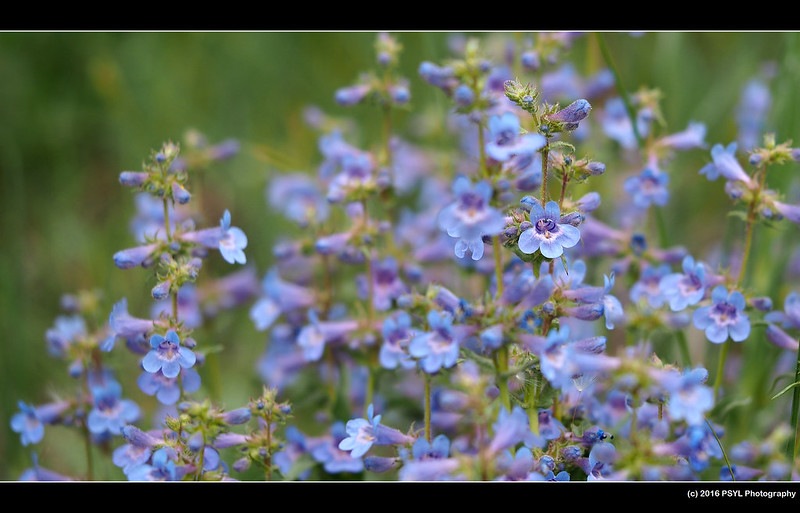
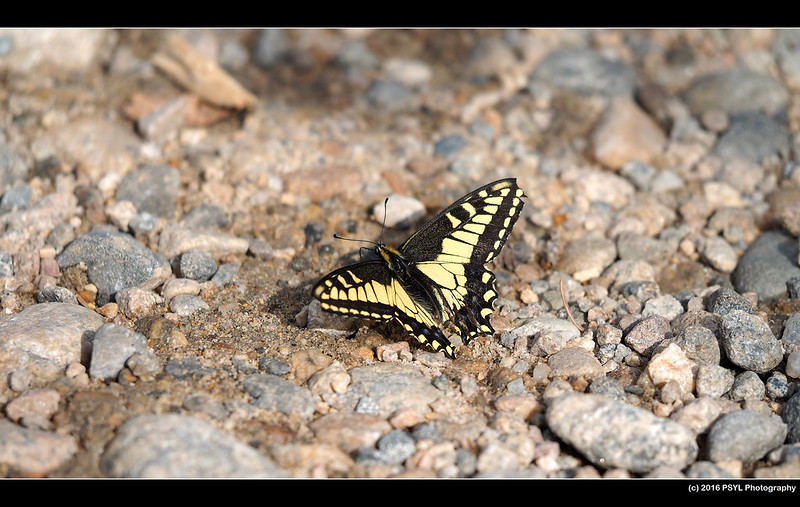
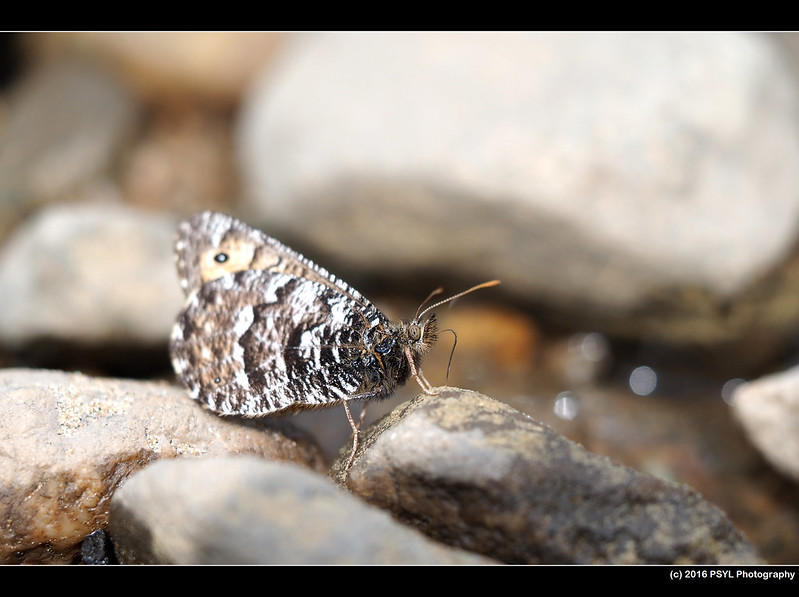
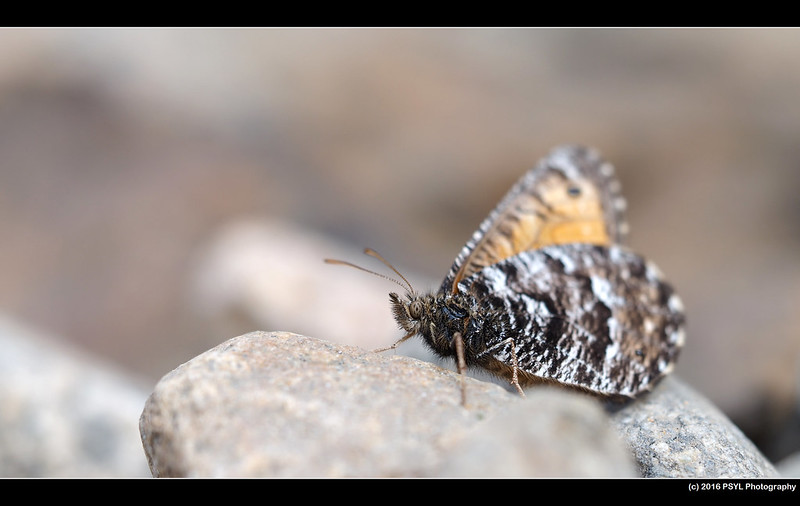
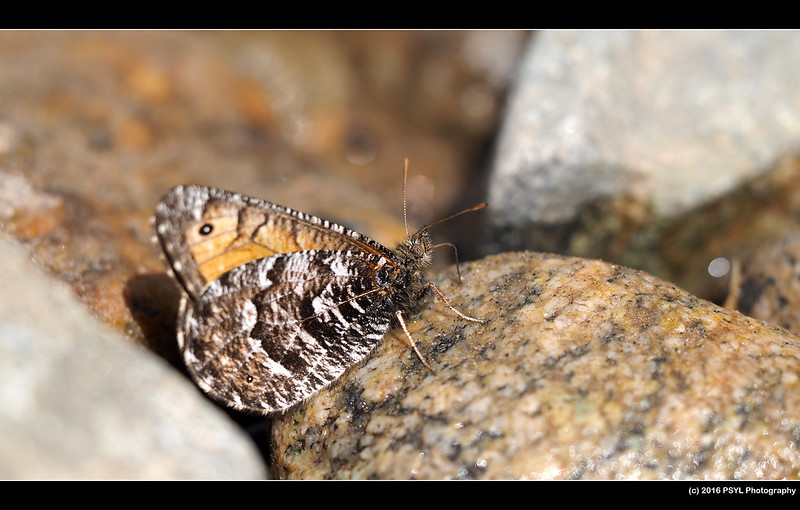
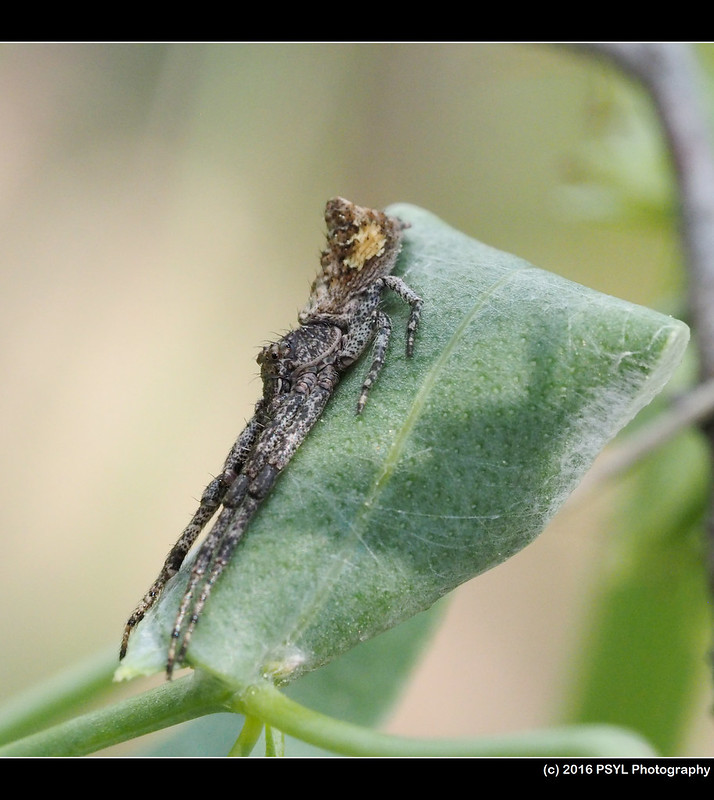
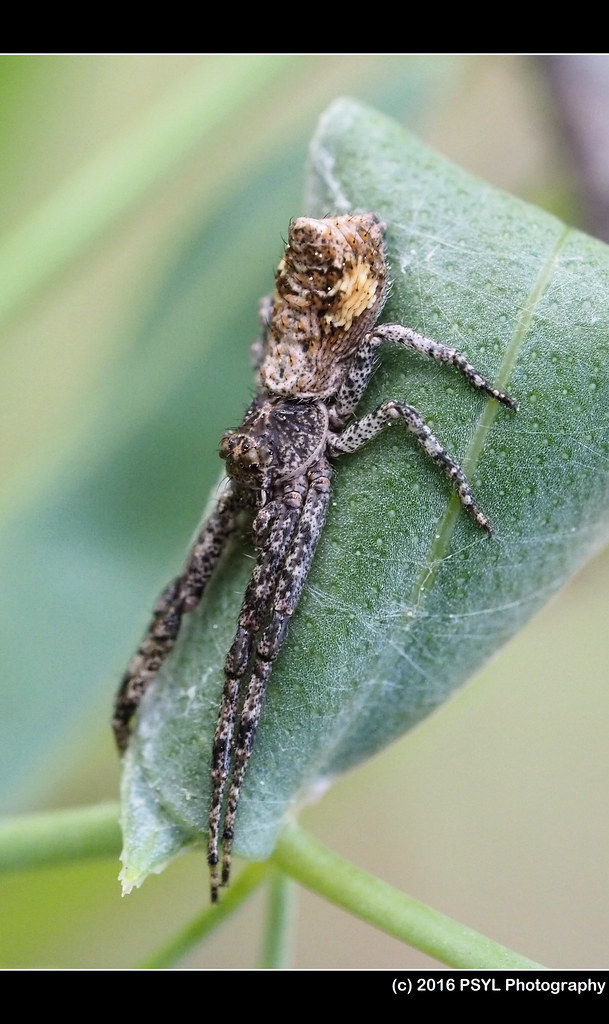
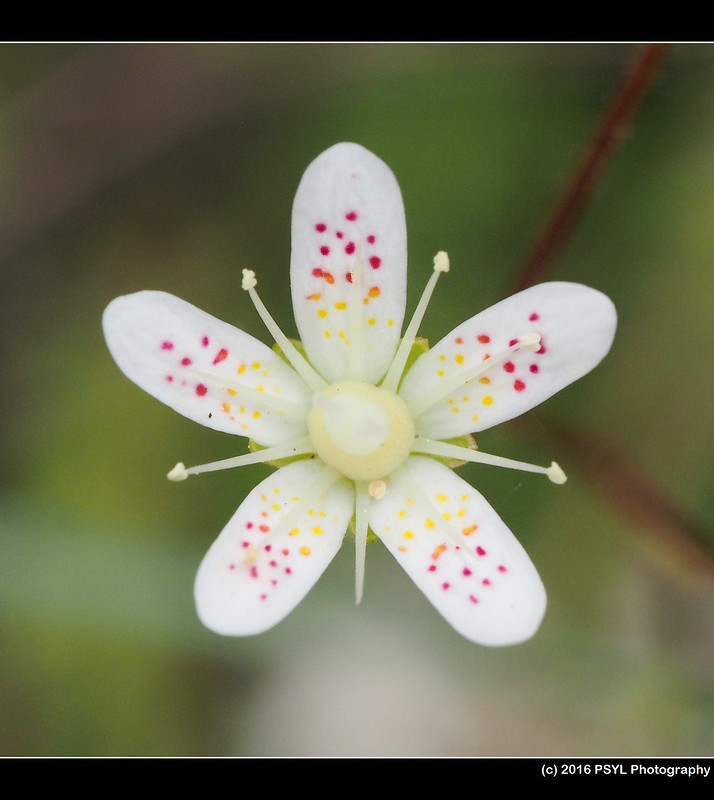
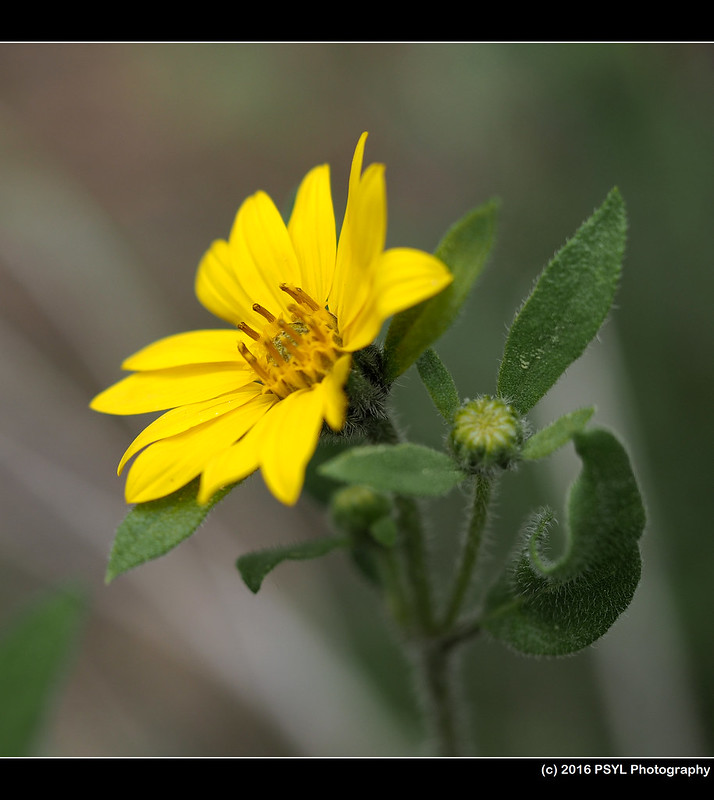
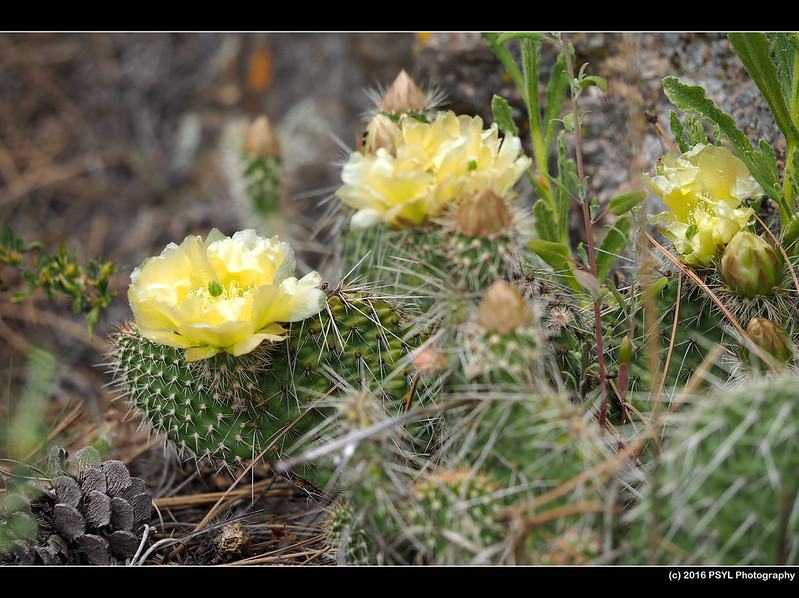
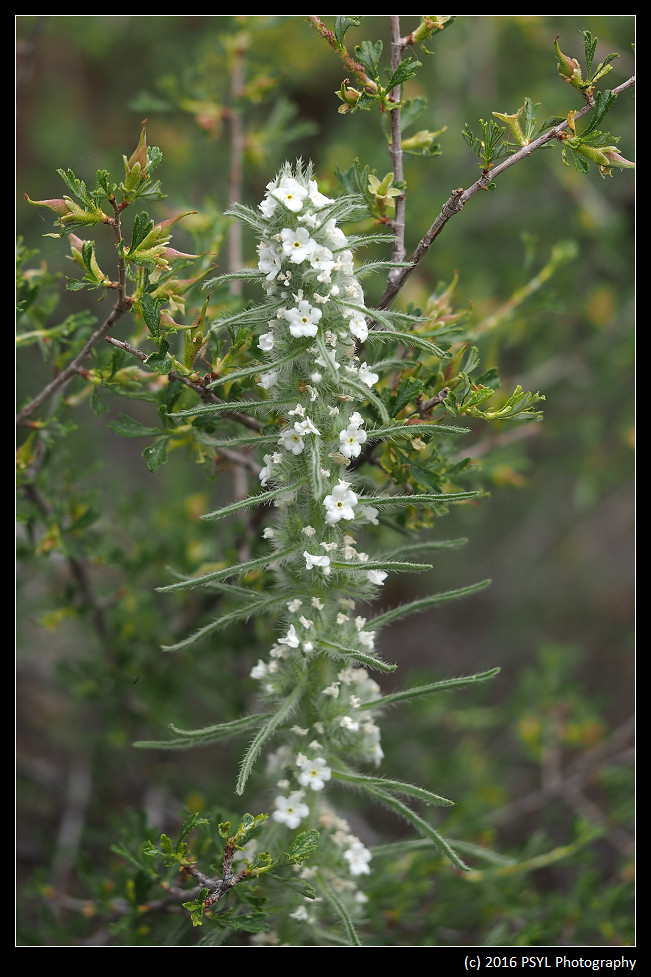
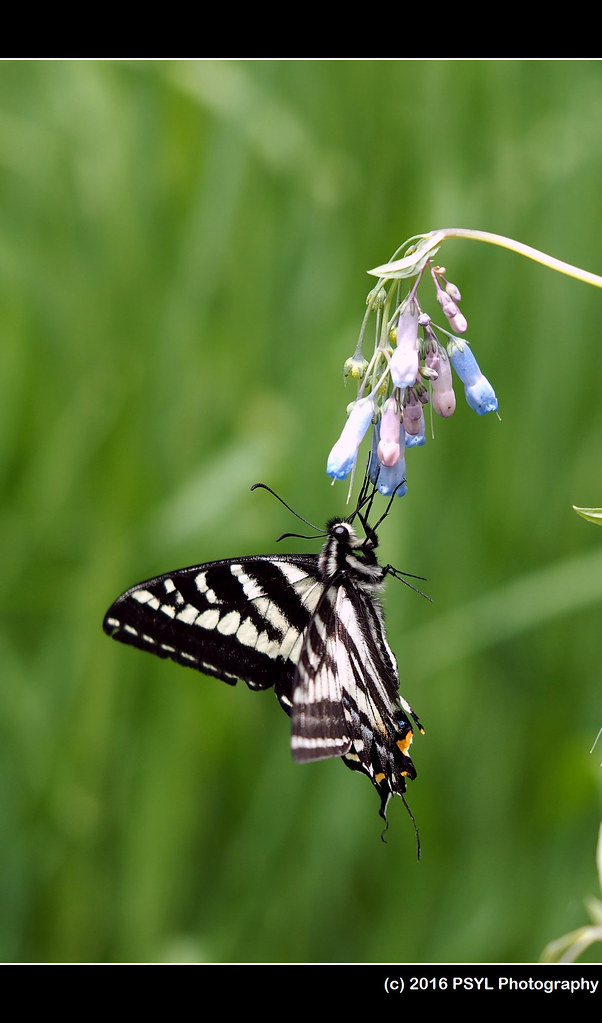
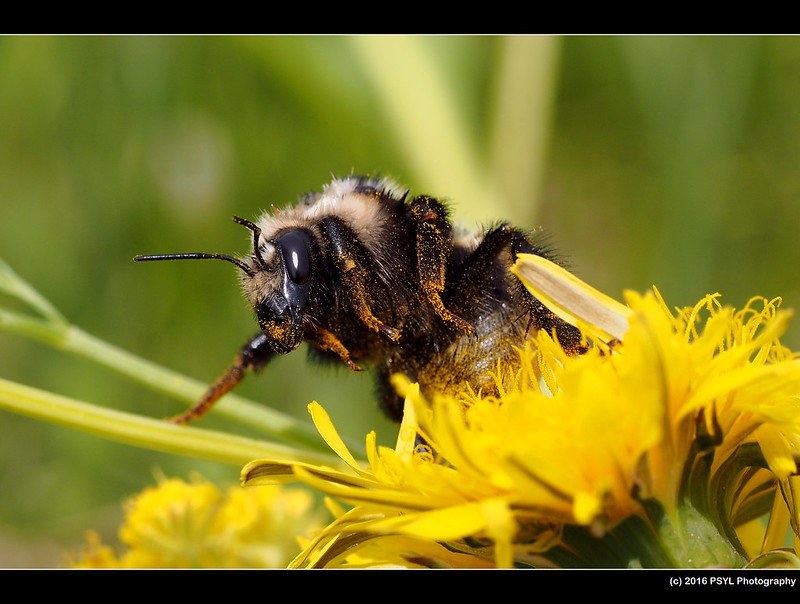
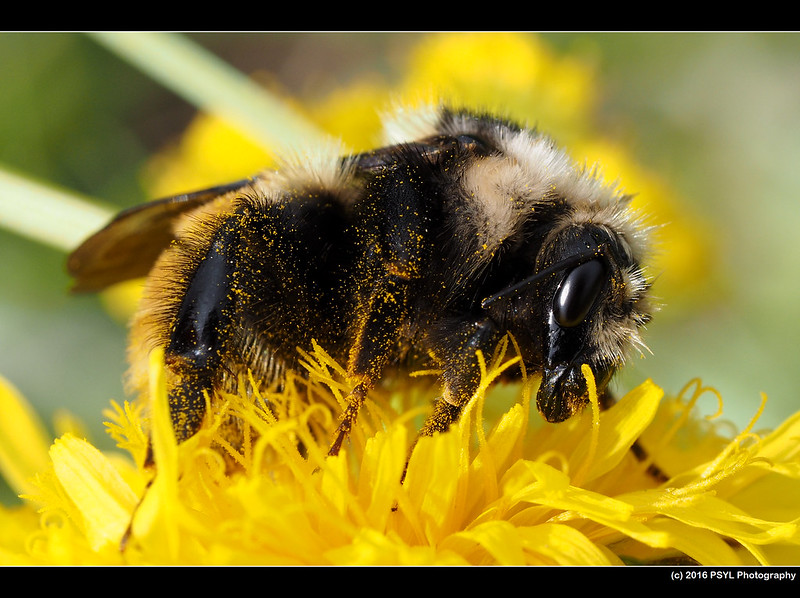
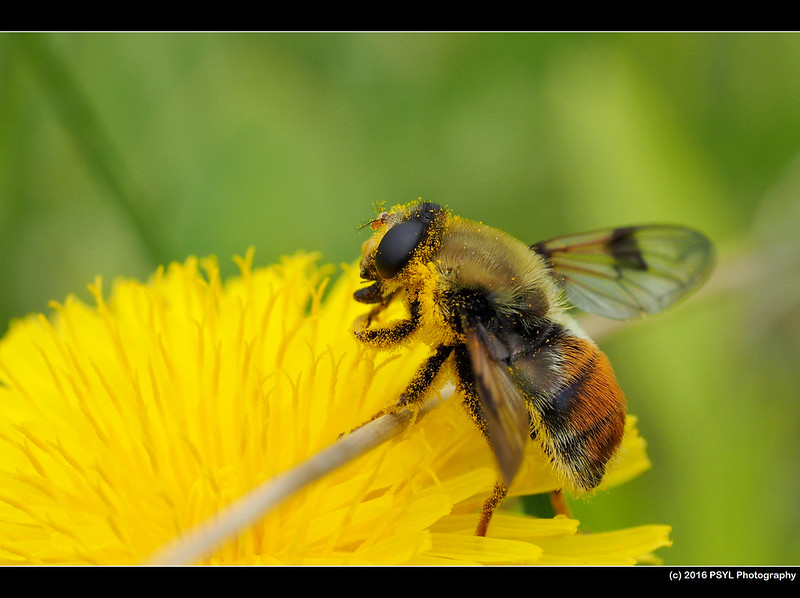
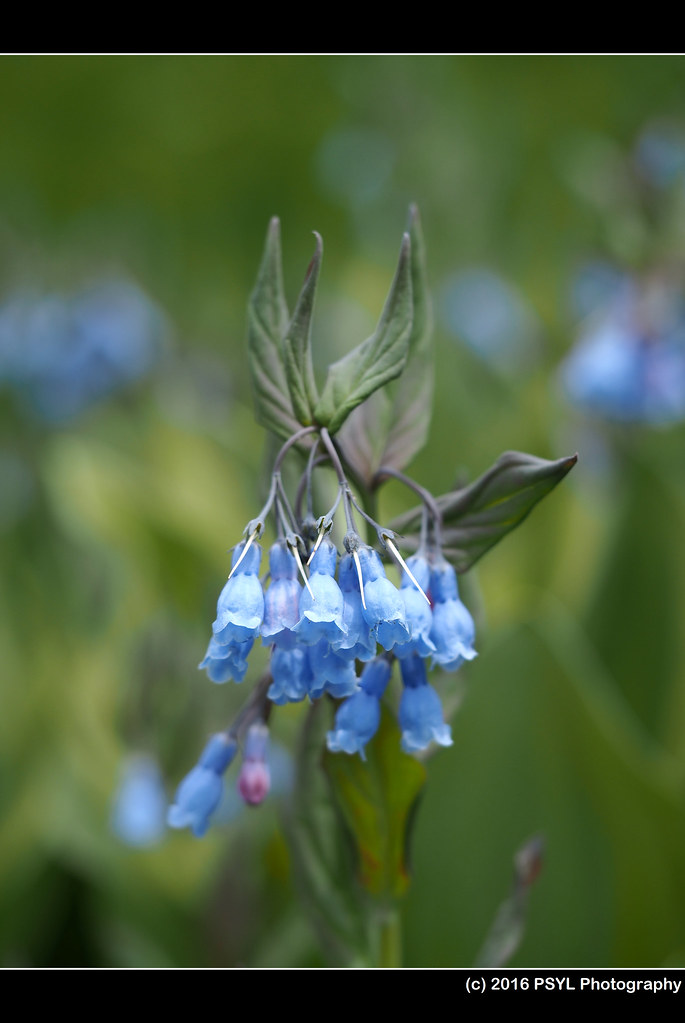
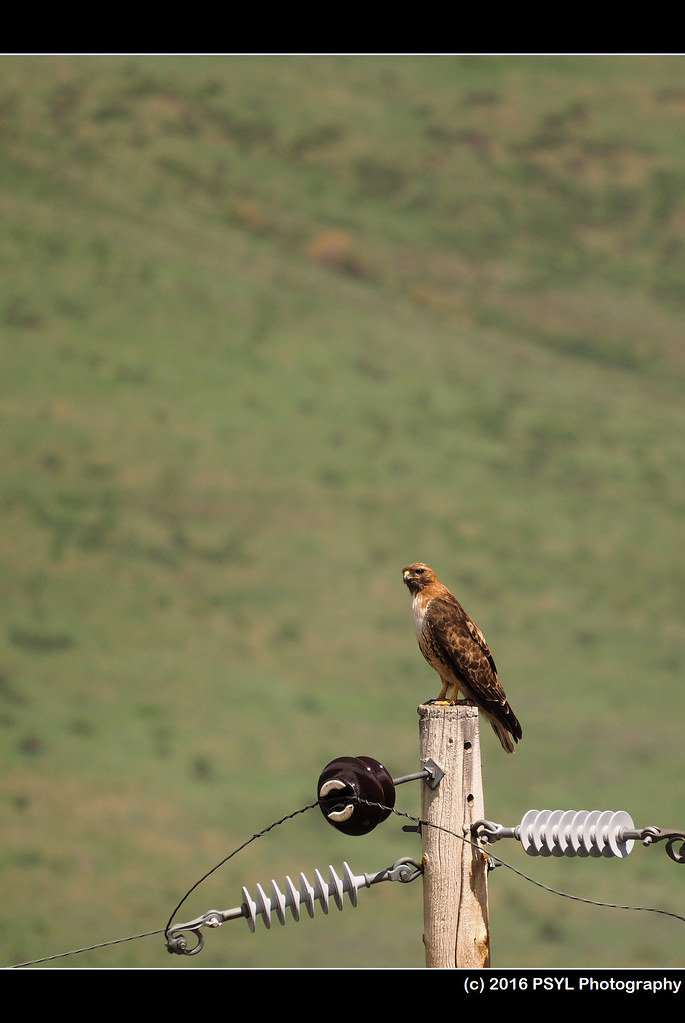
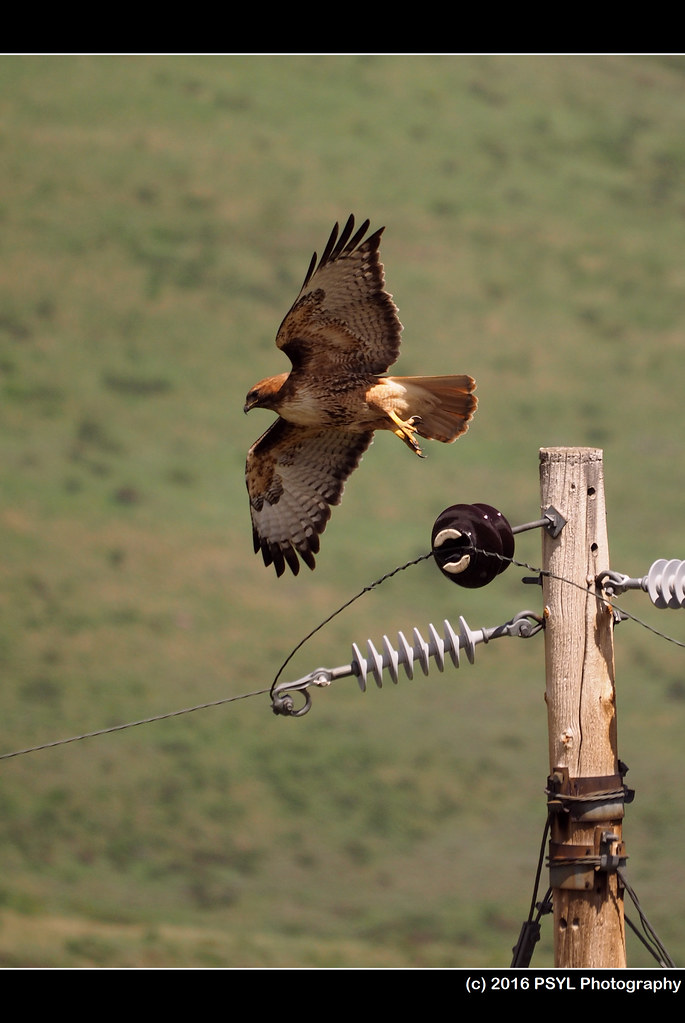
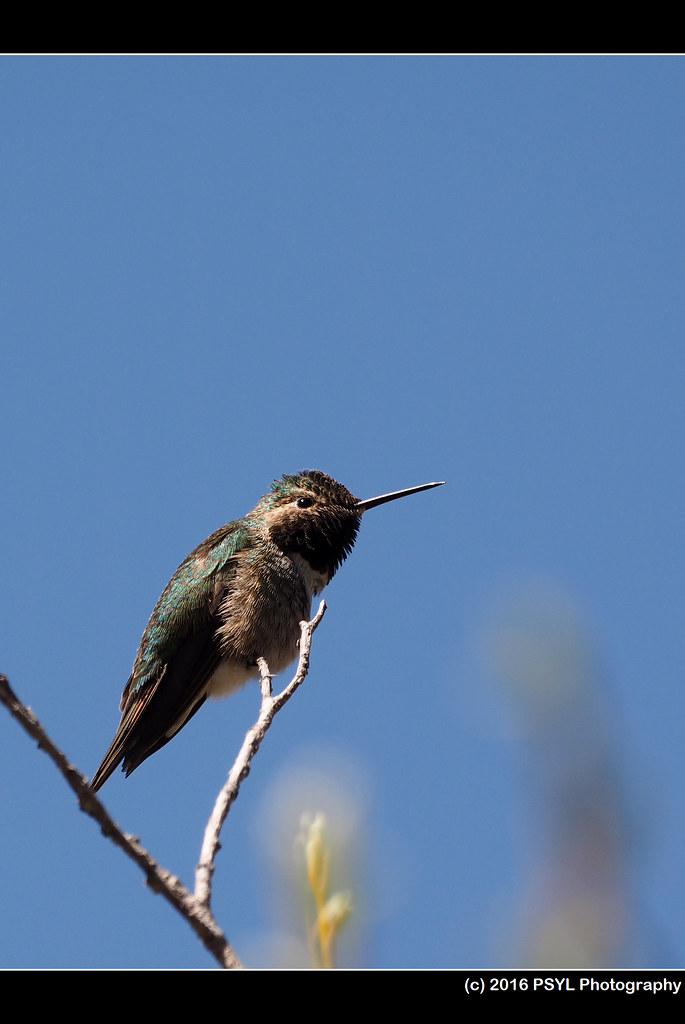
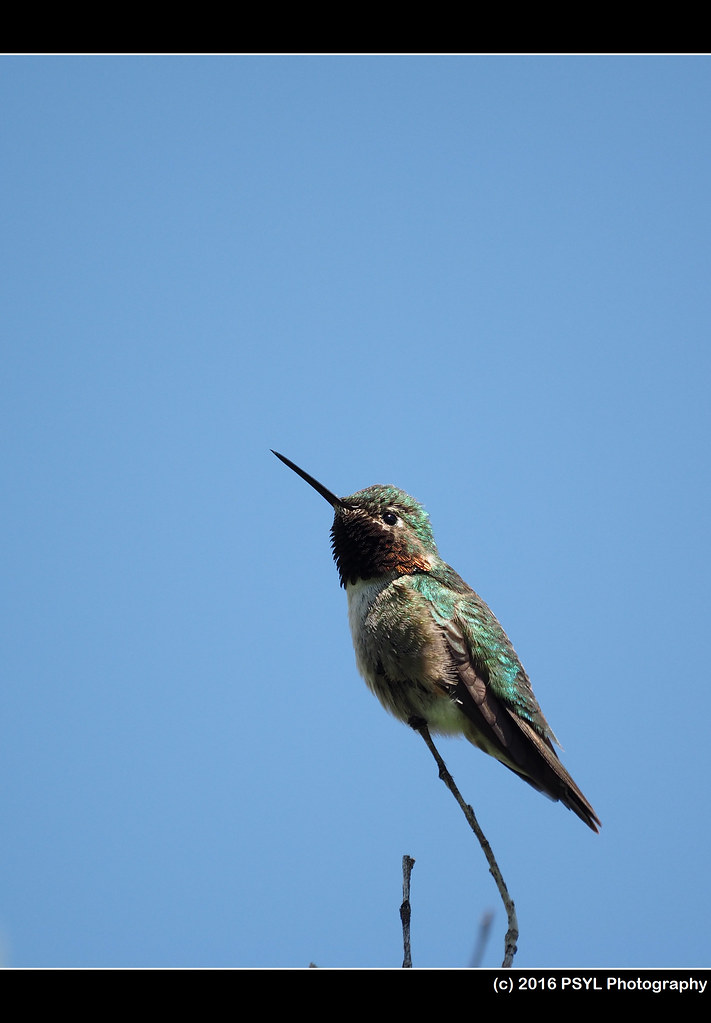
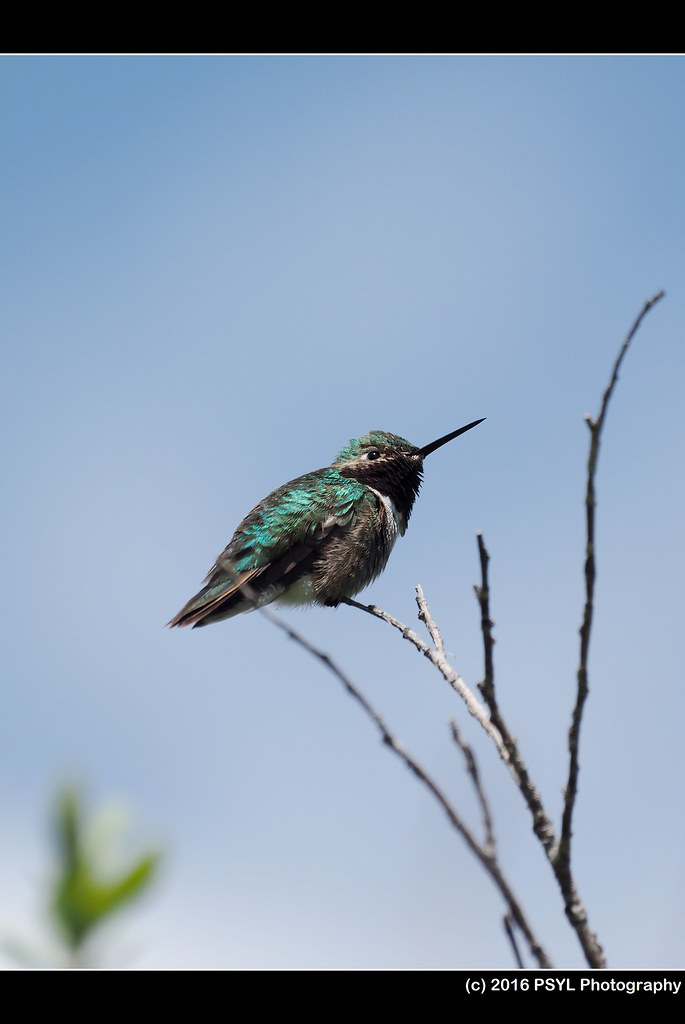
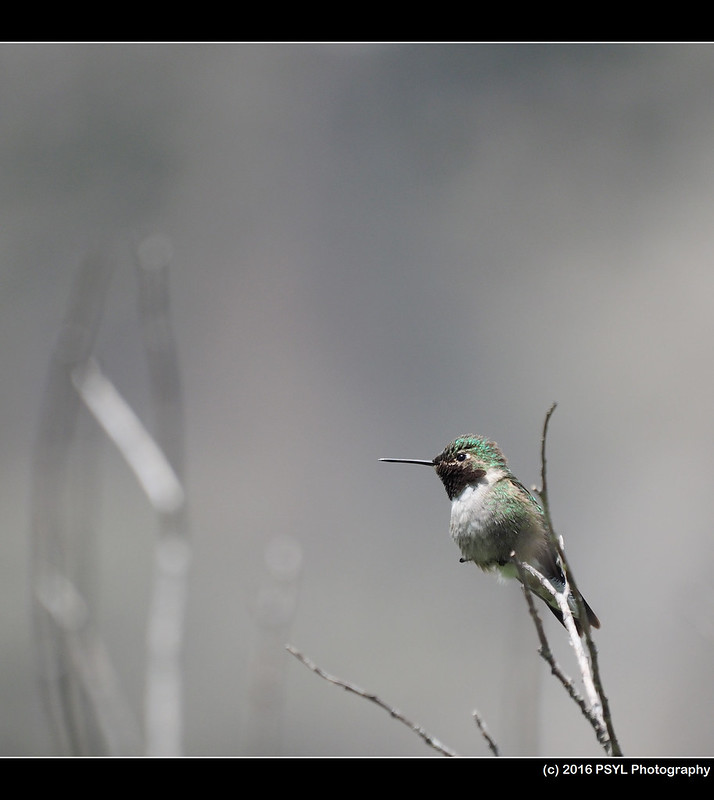
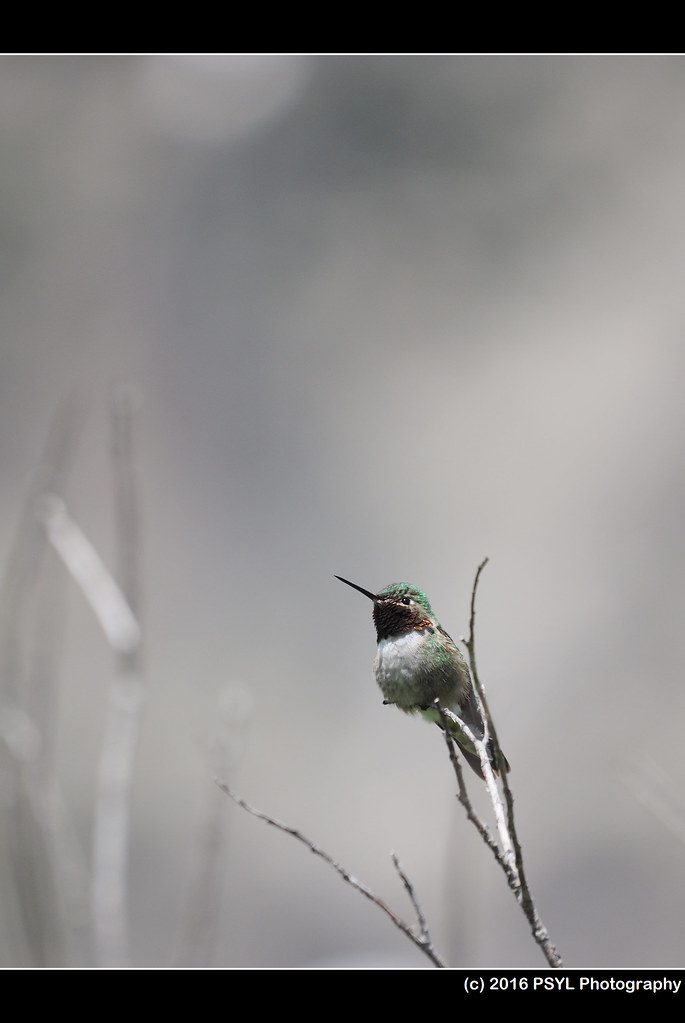
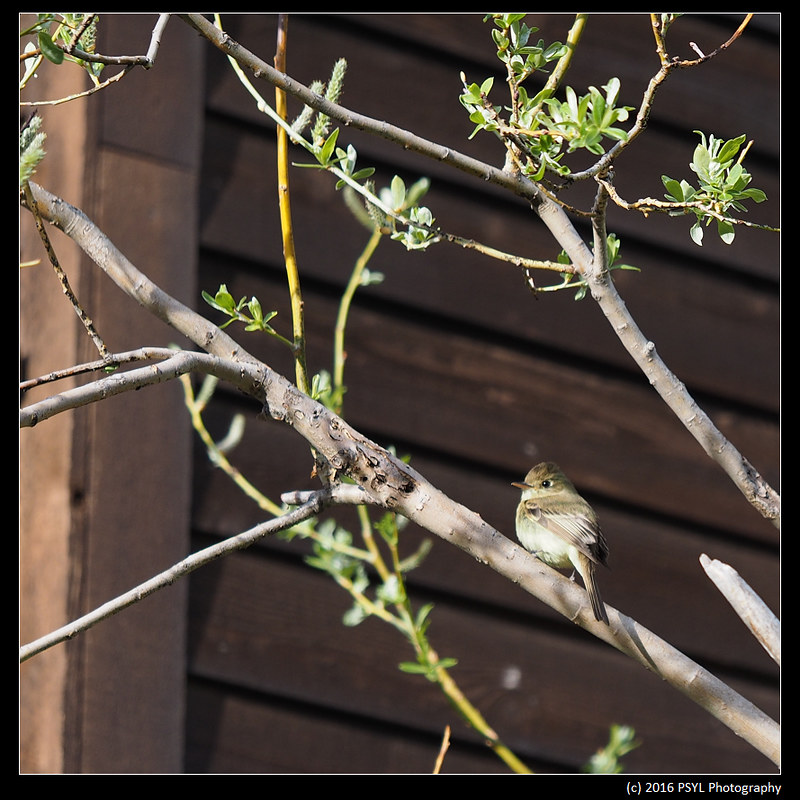
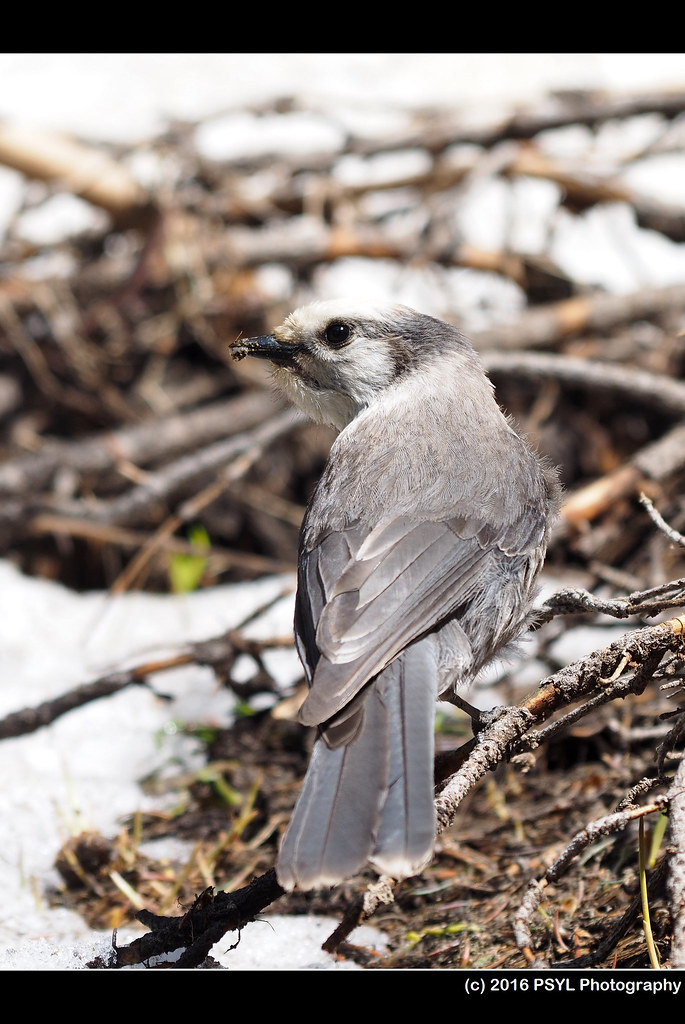
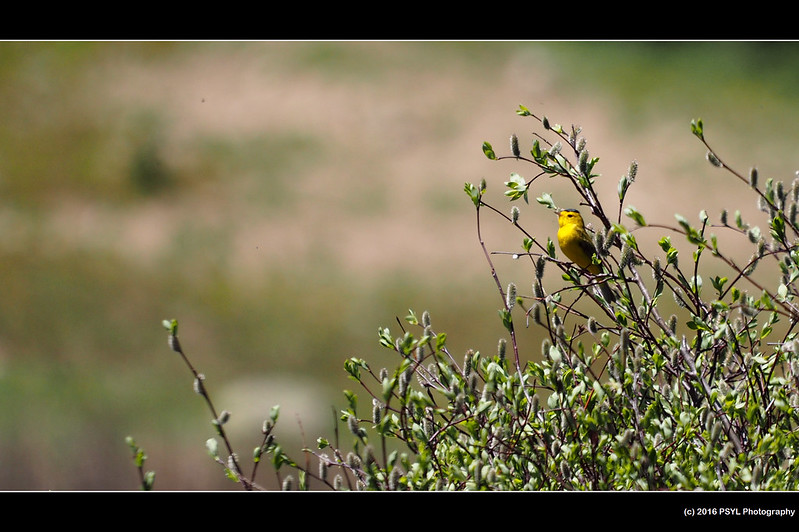
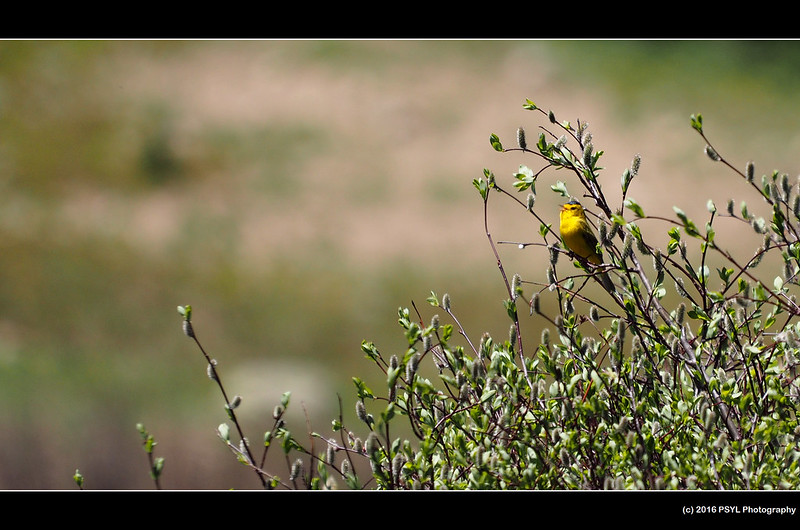
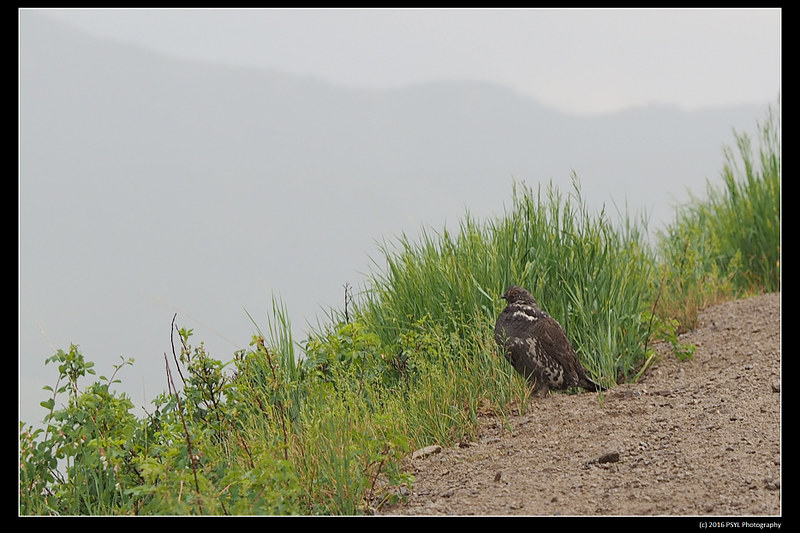
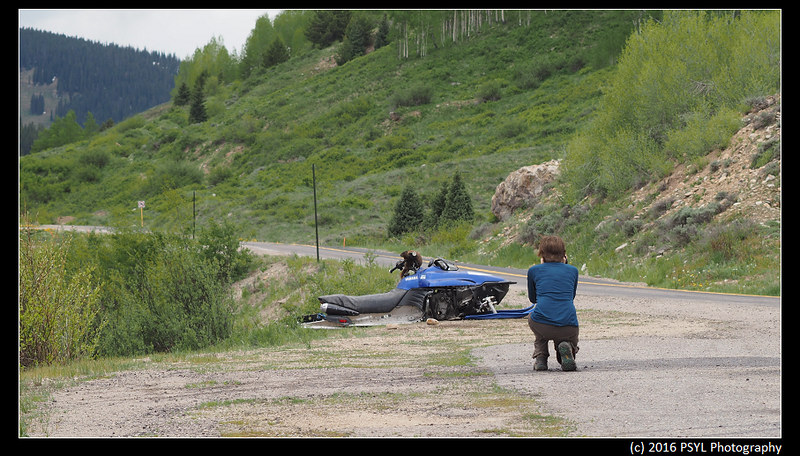
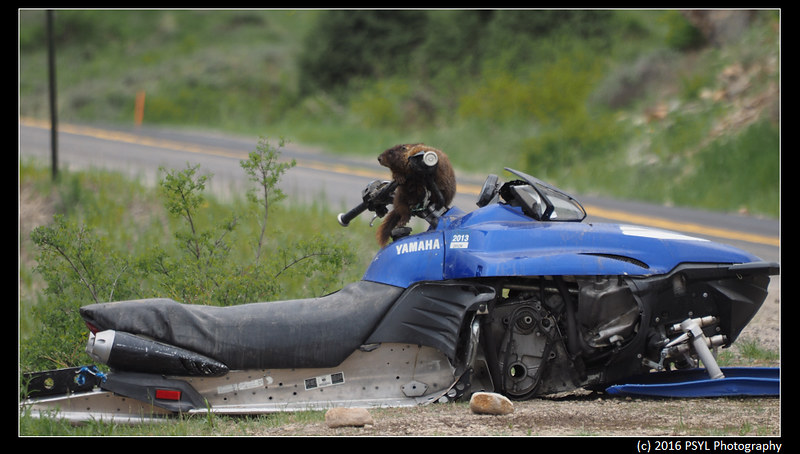
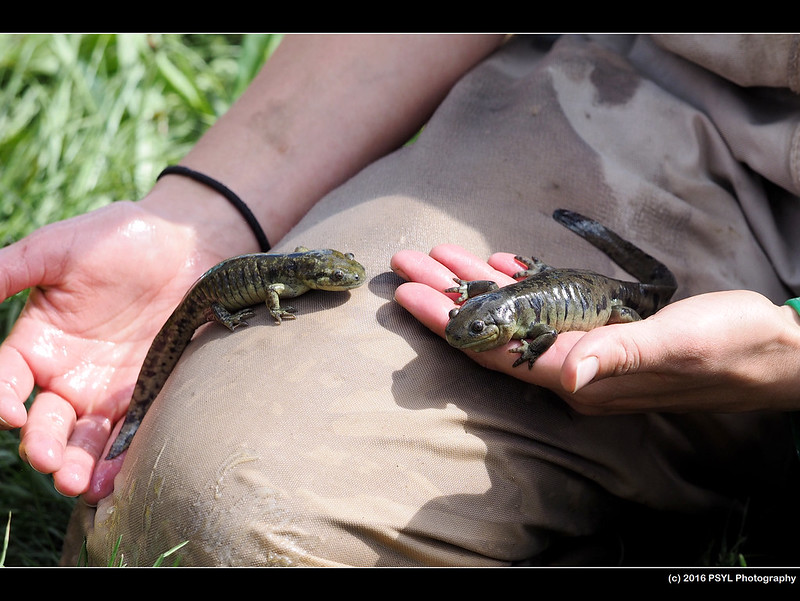
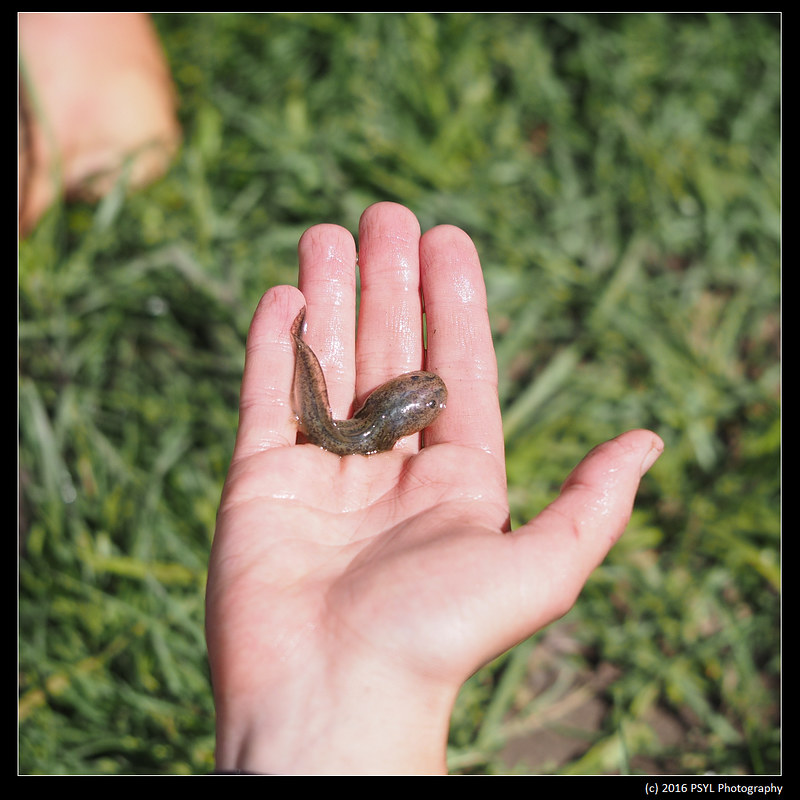
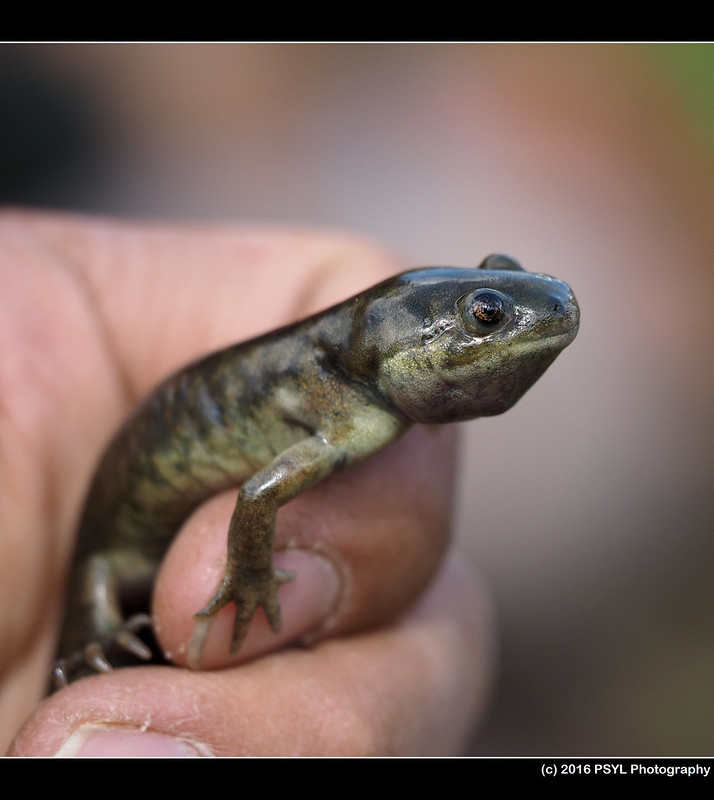
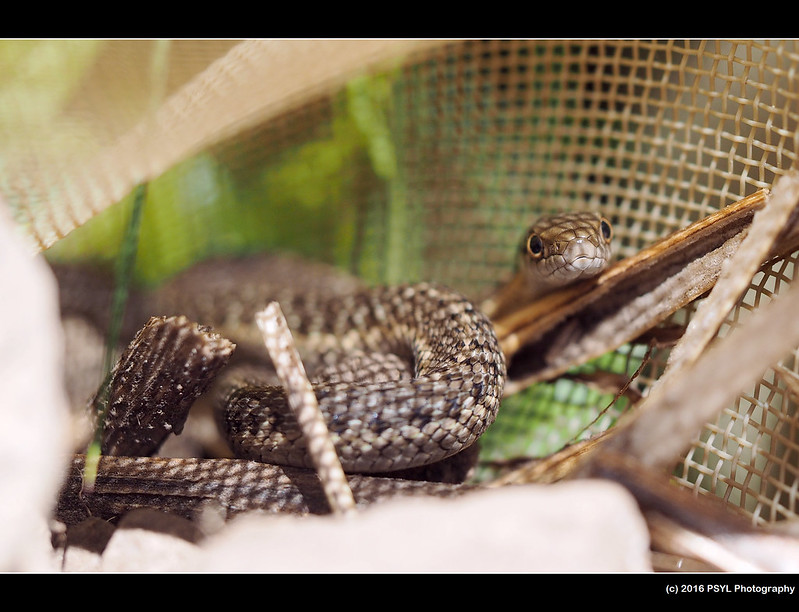
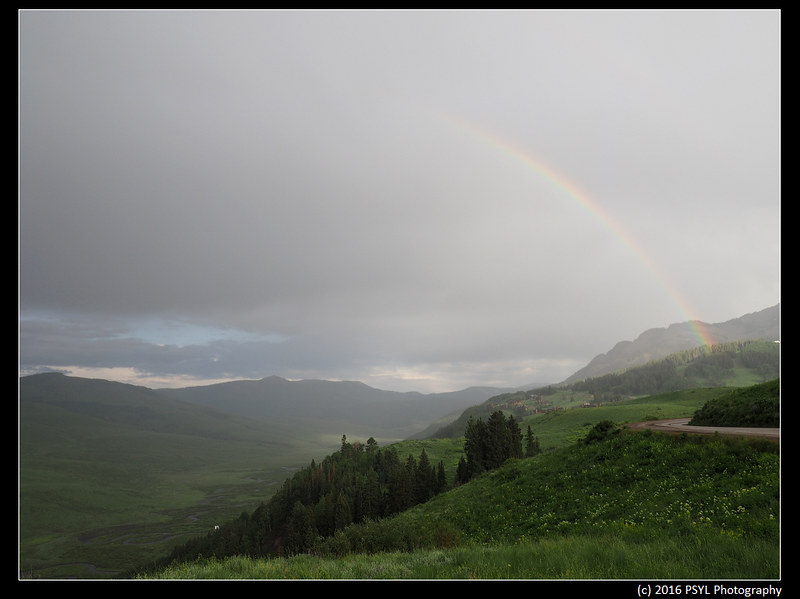
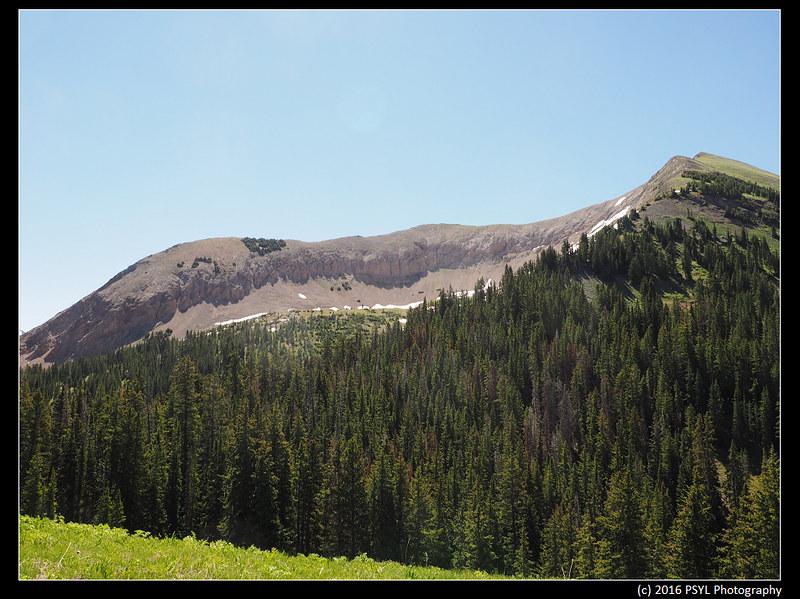
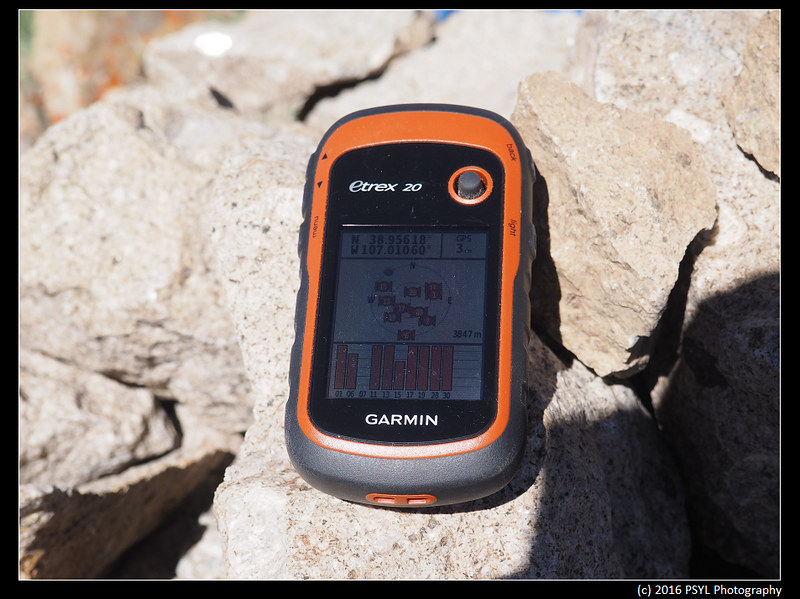
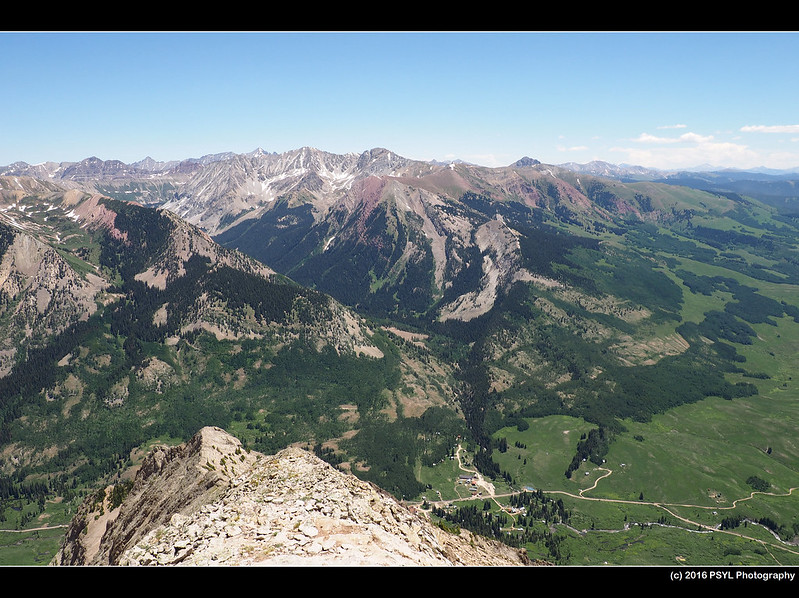
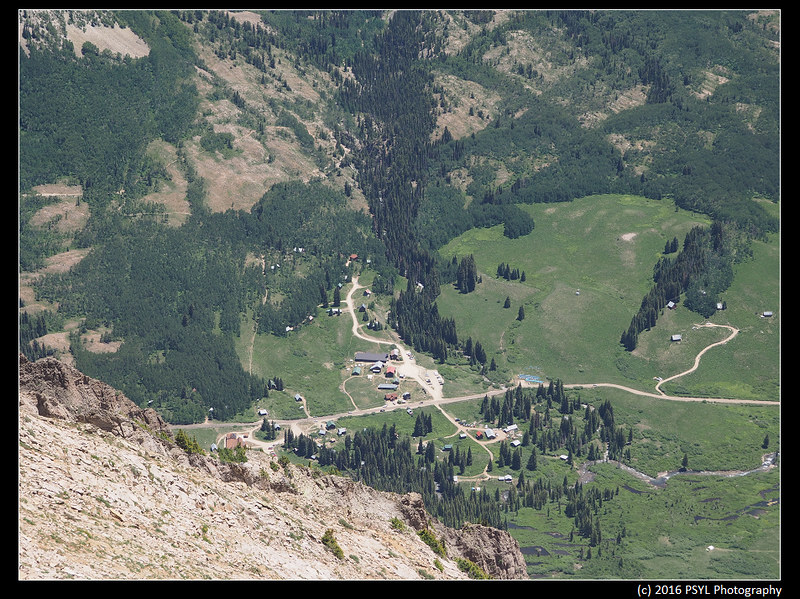

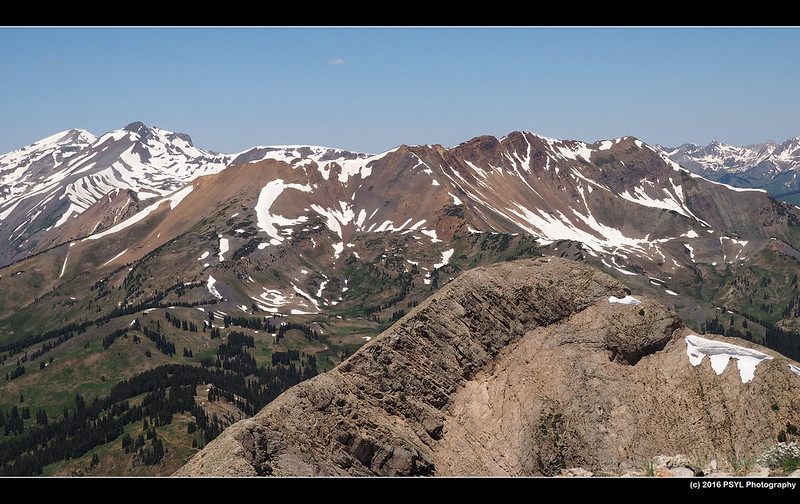
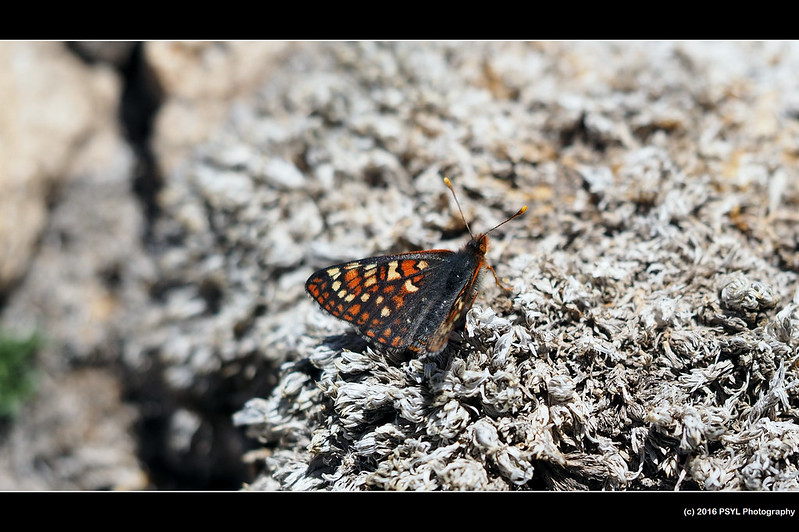
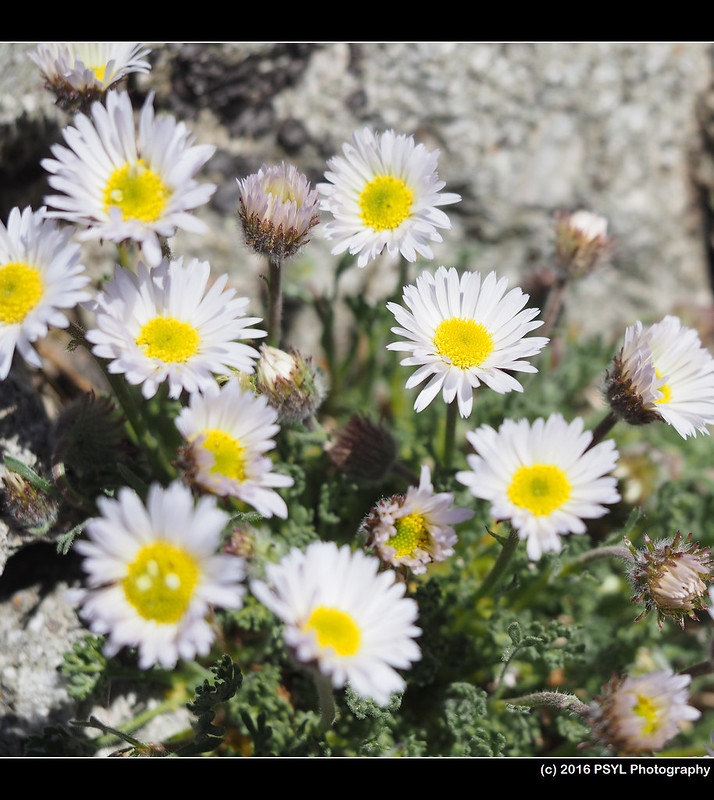
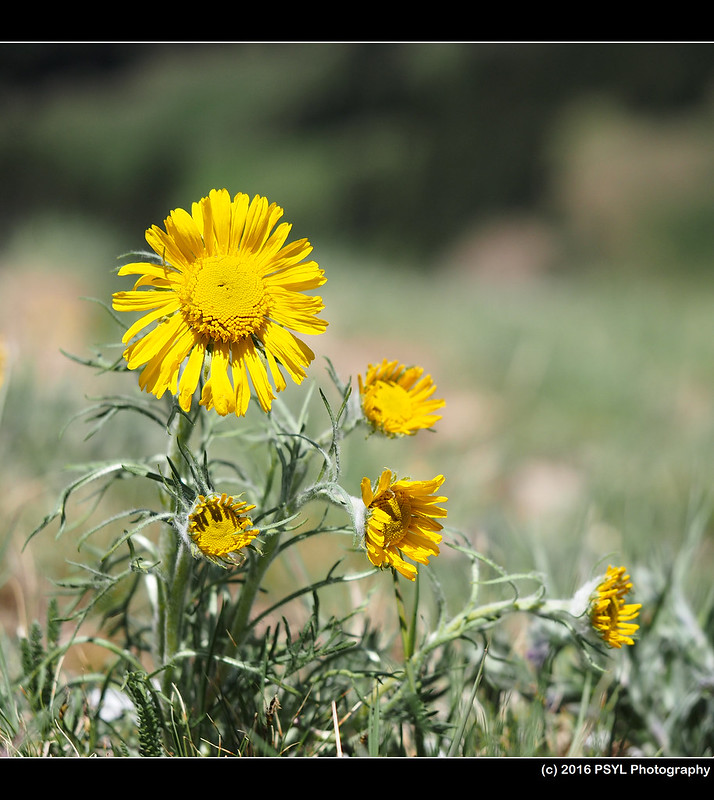
No comments:
Post a Comment